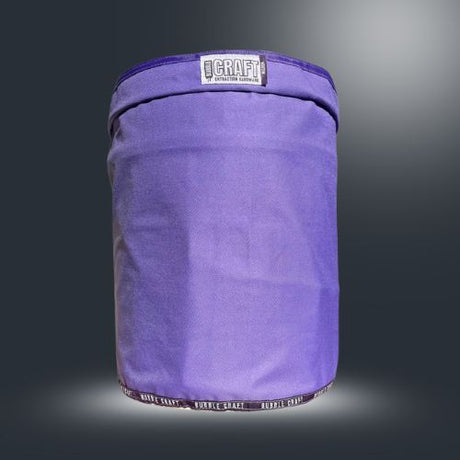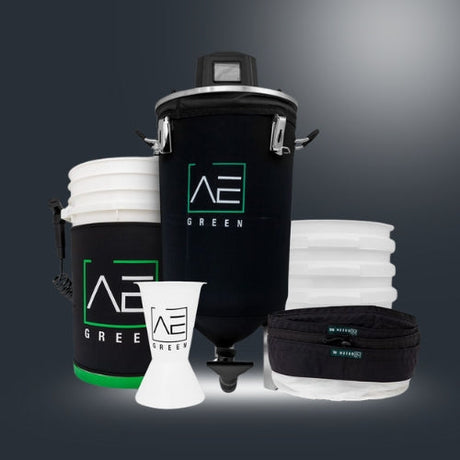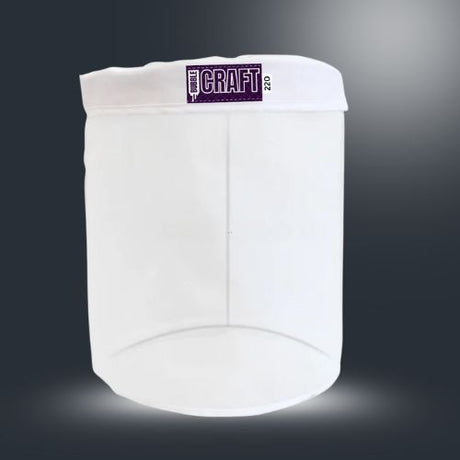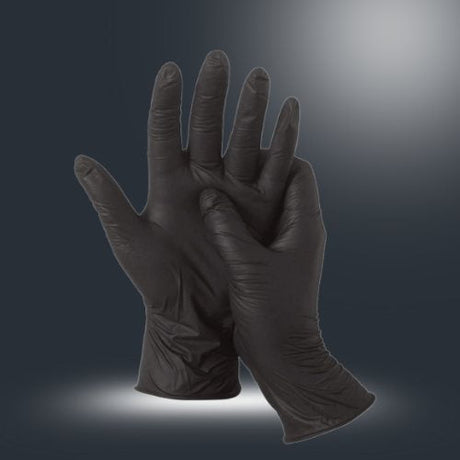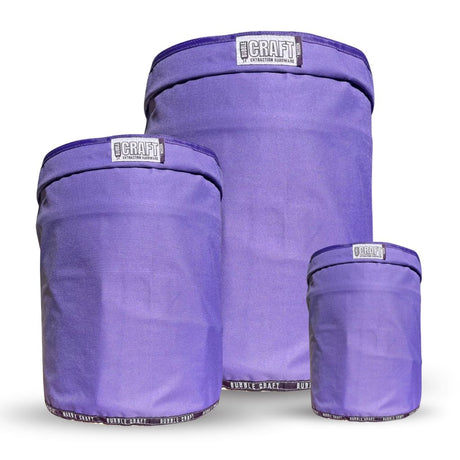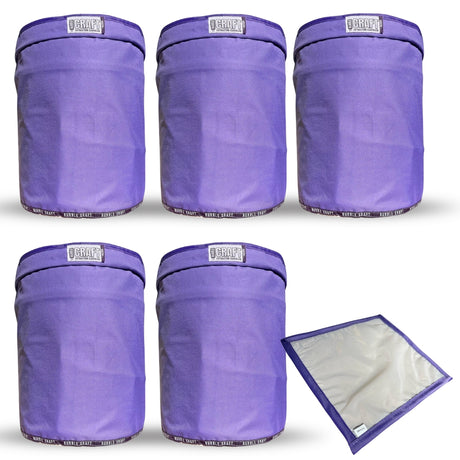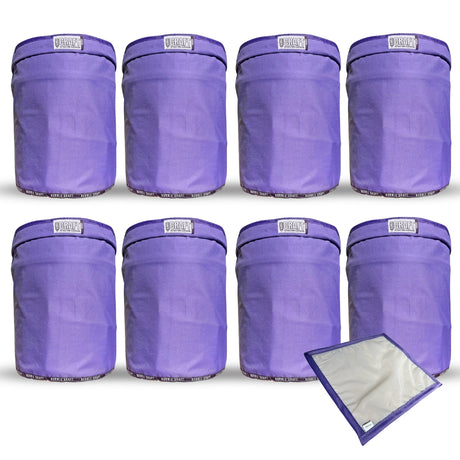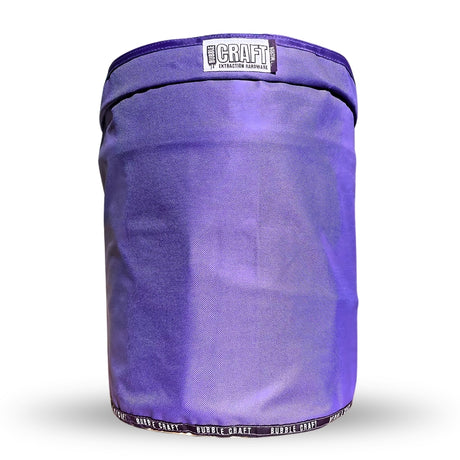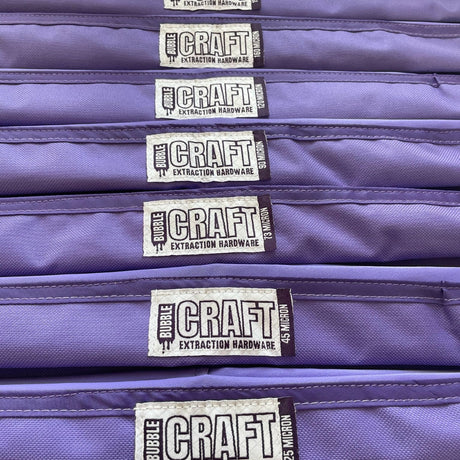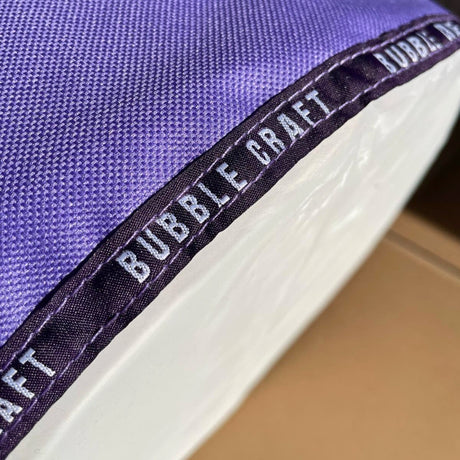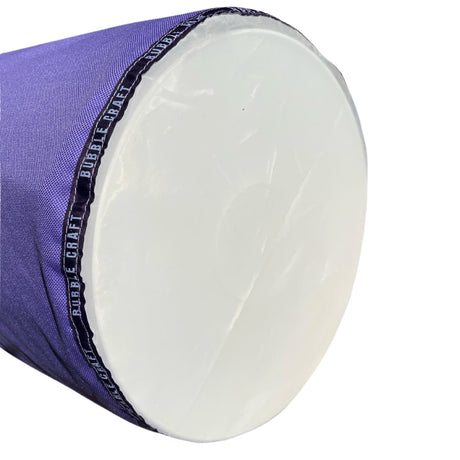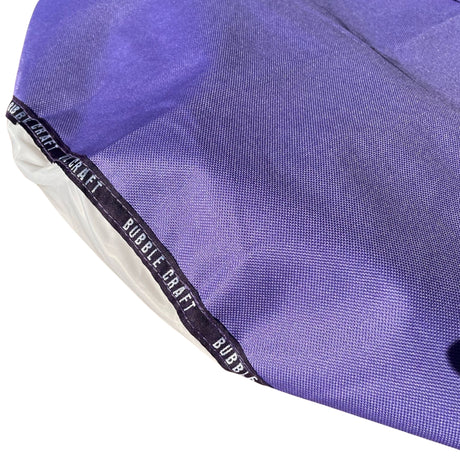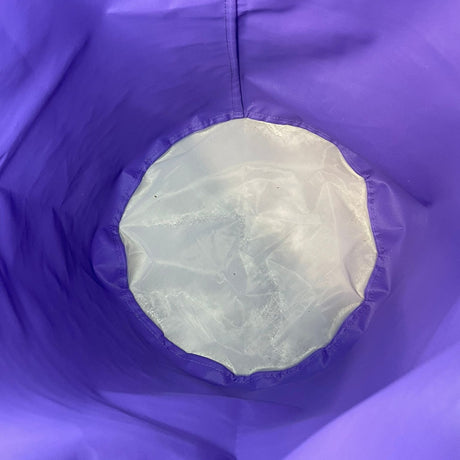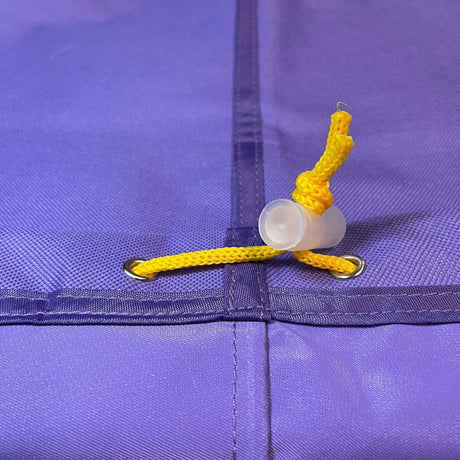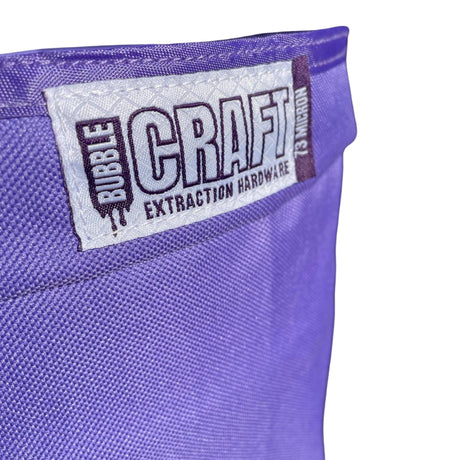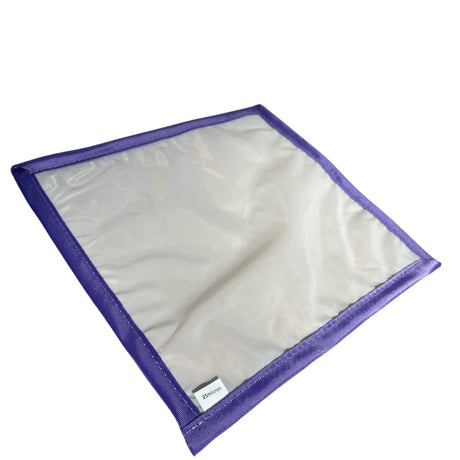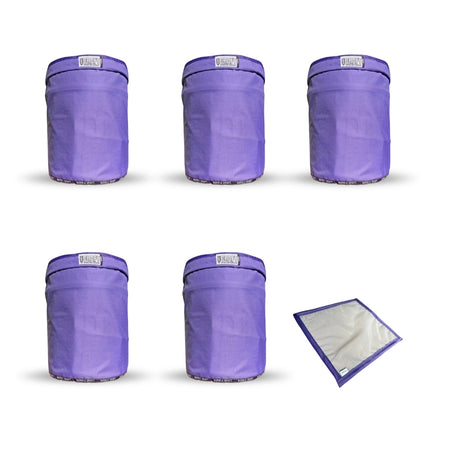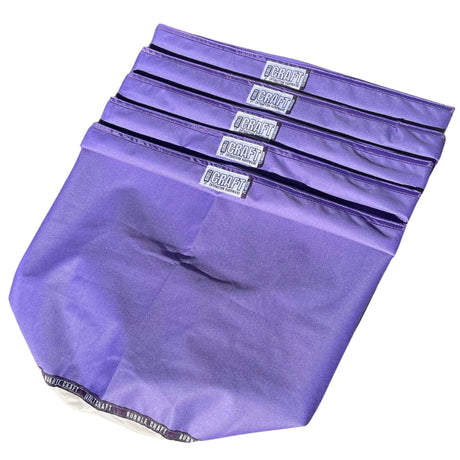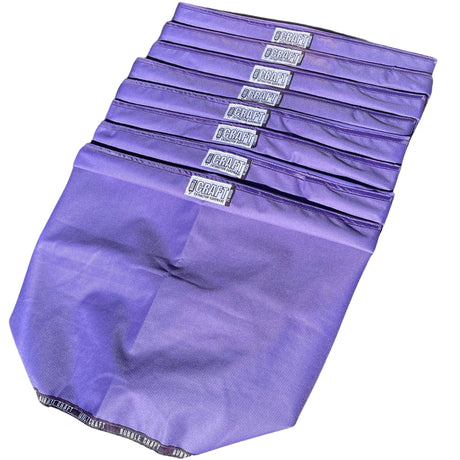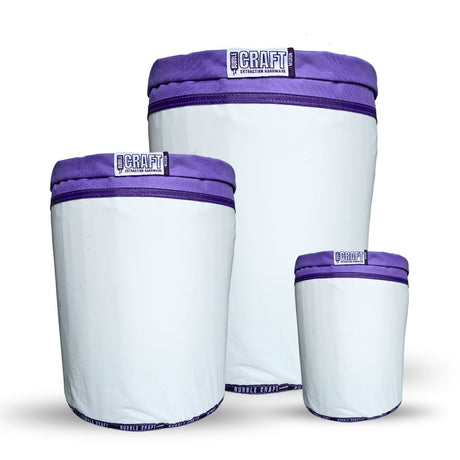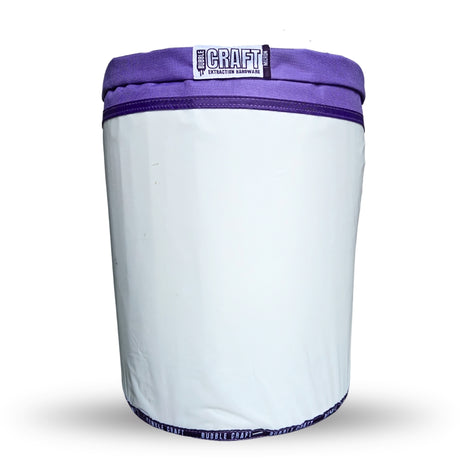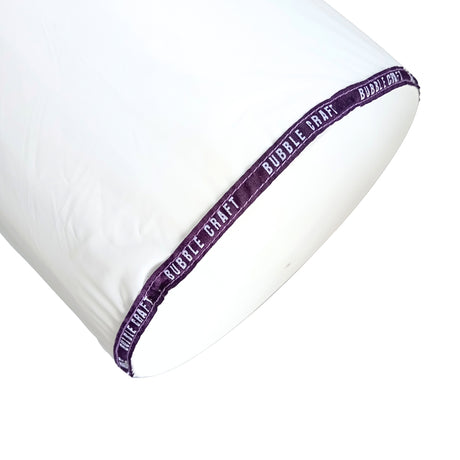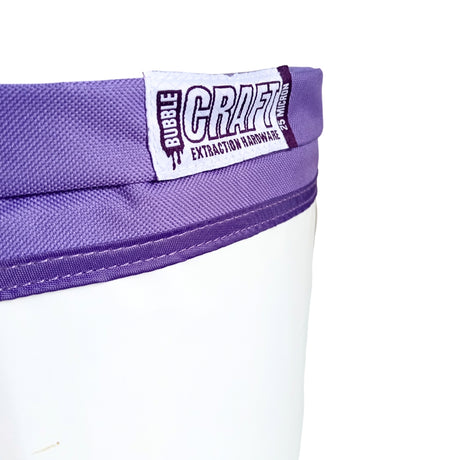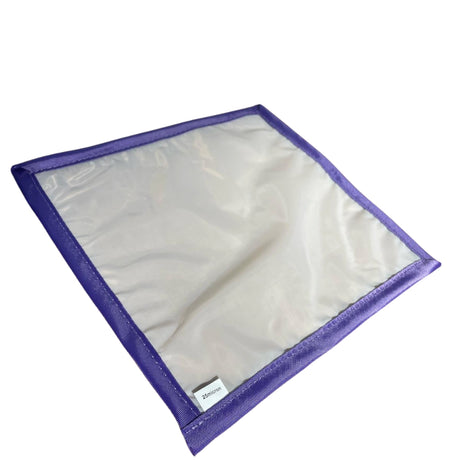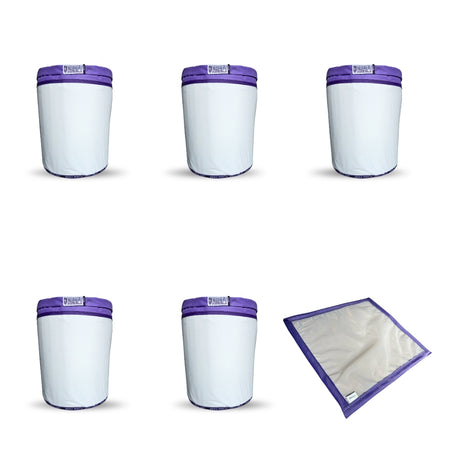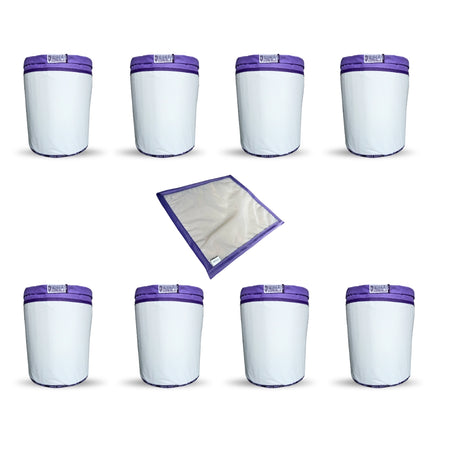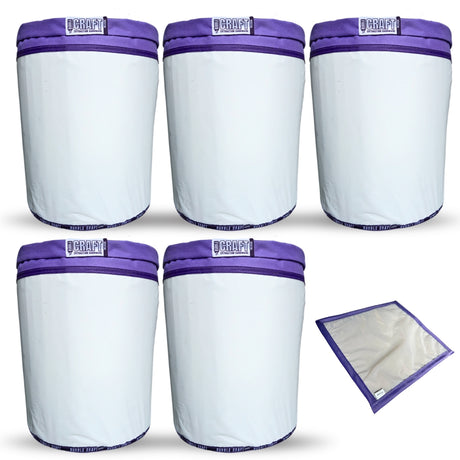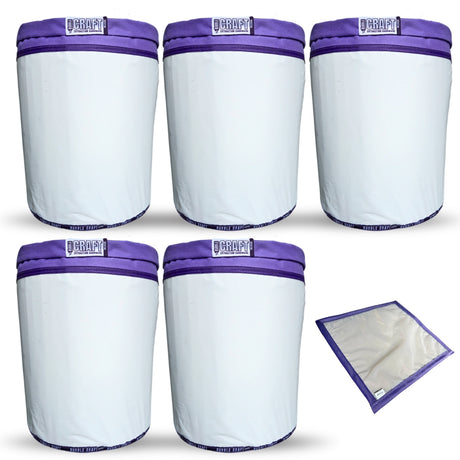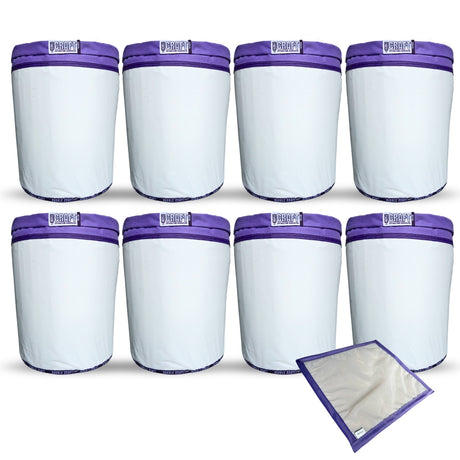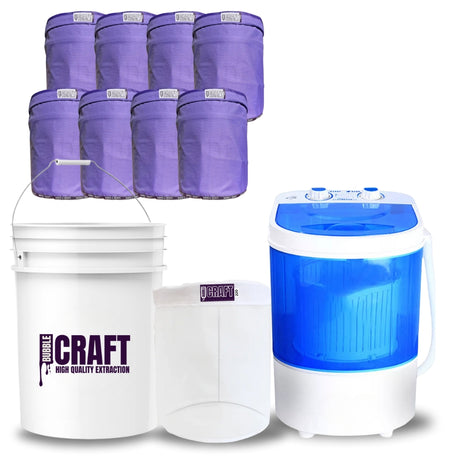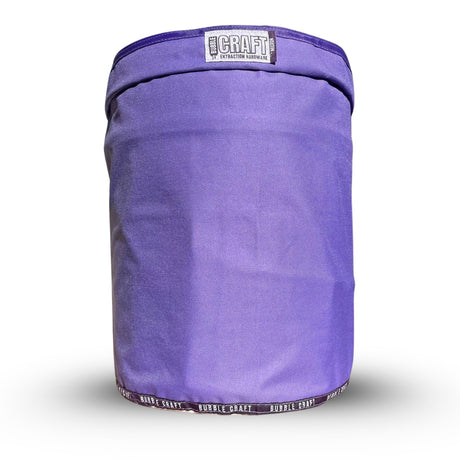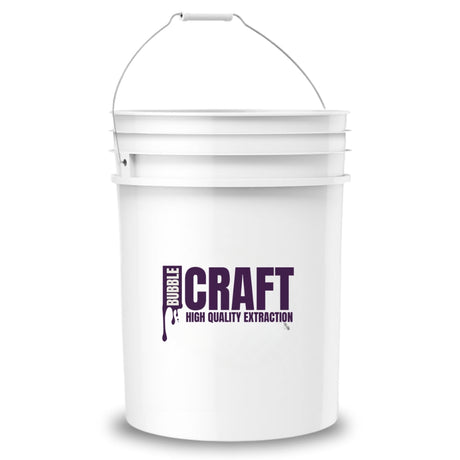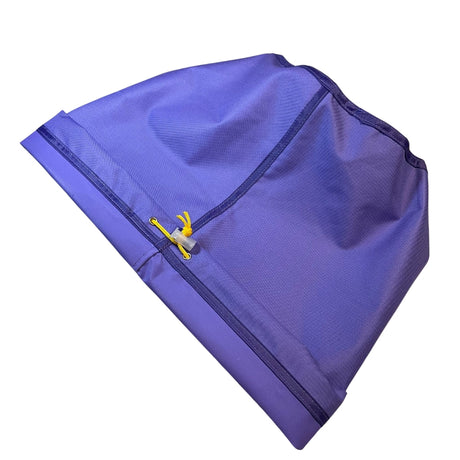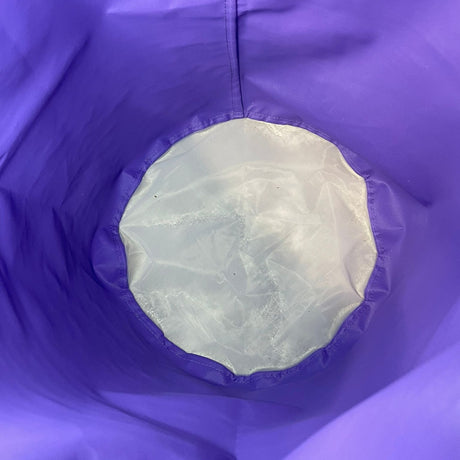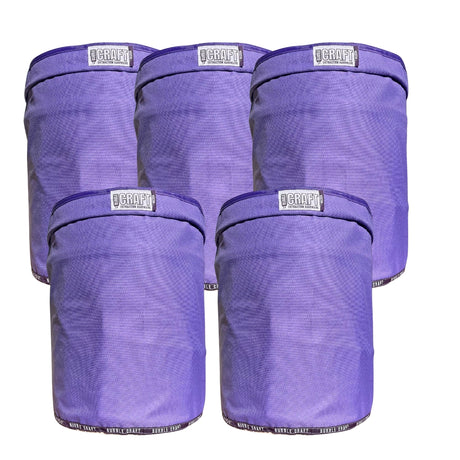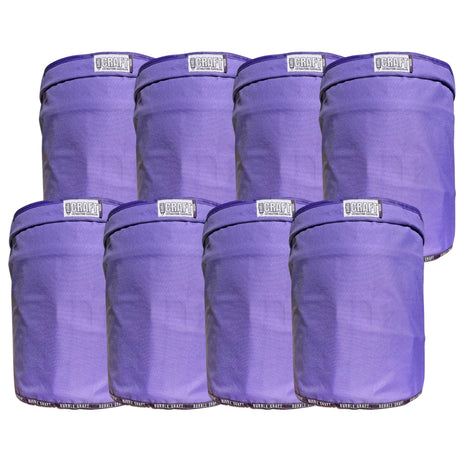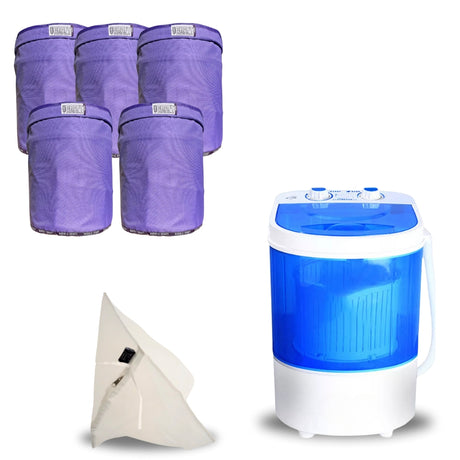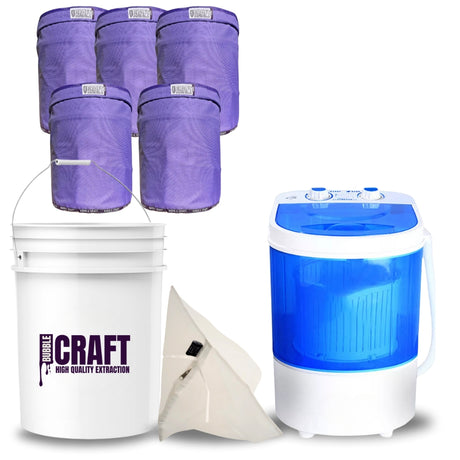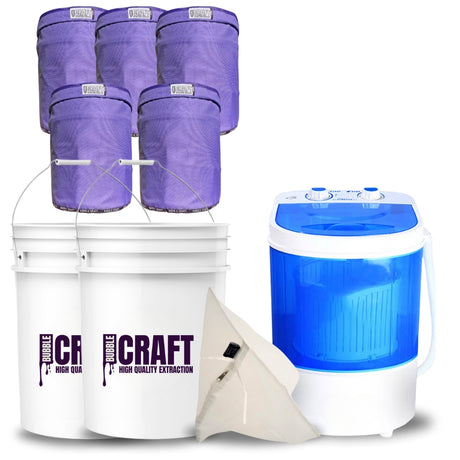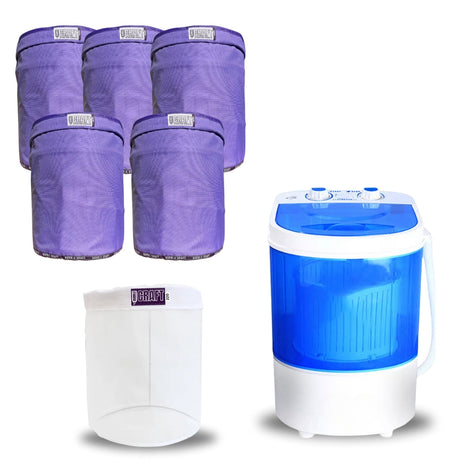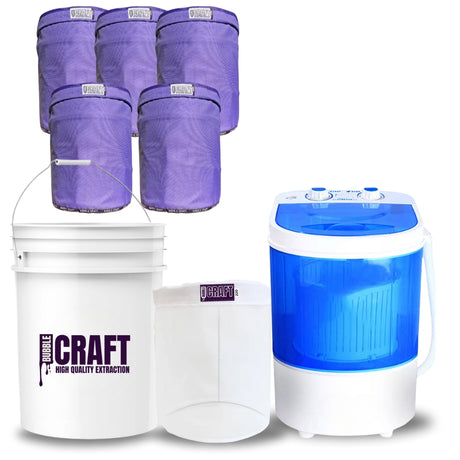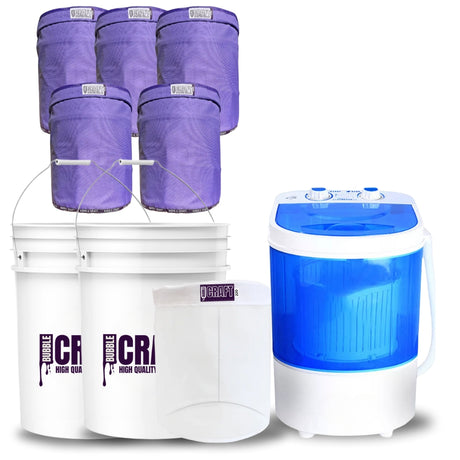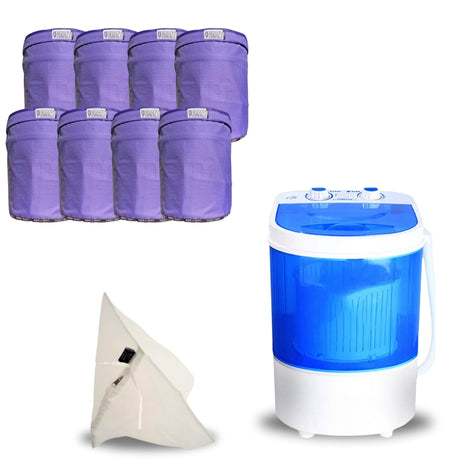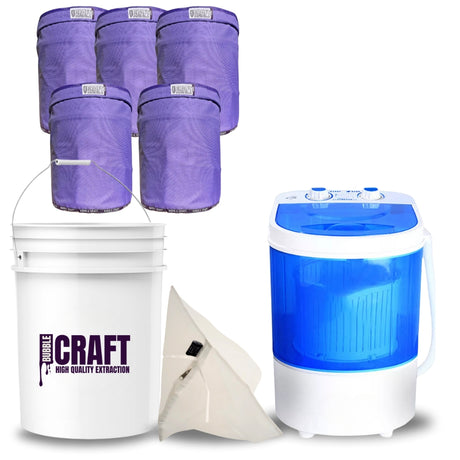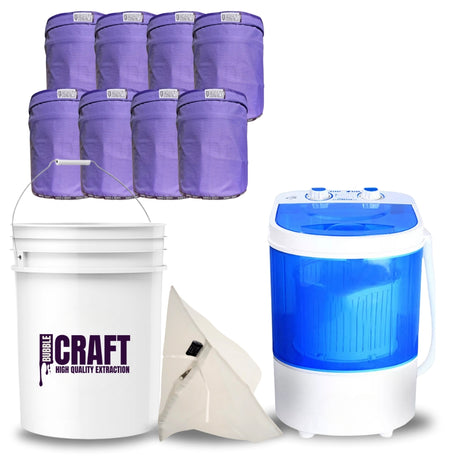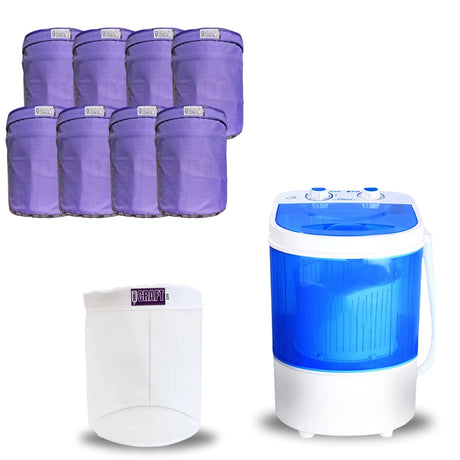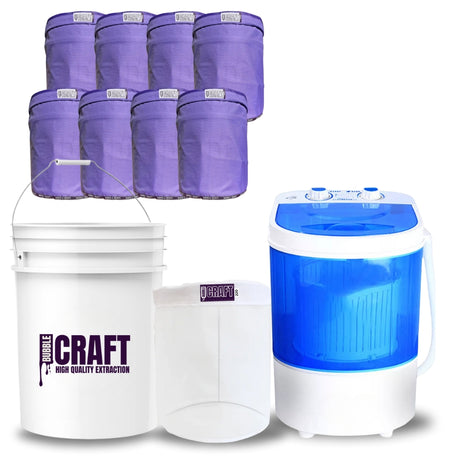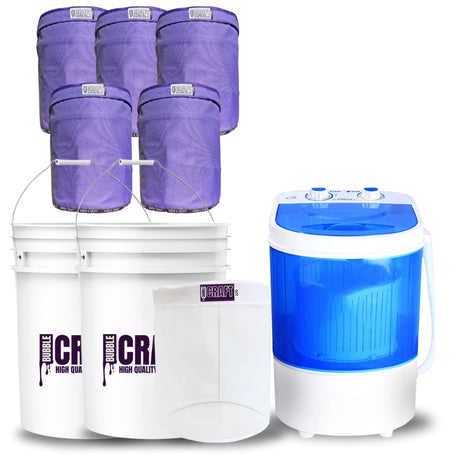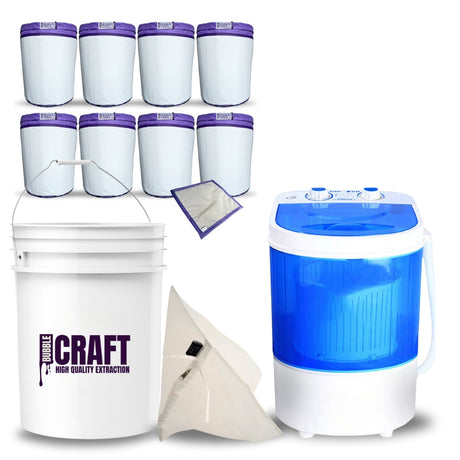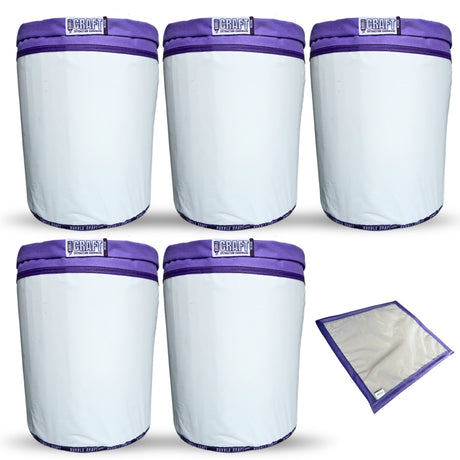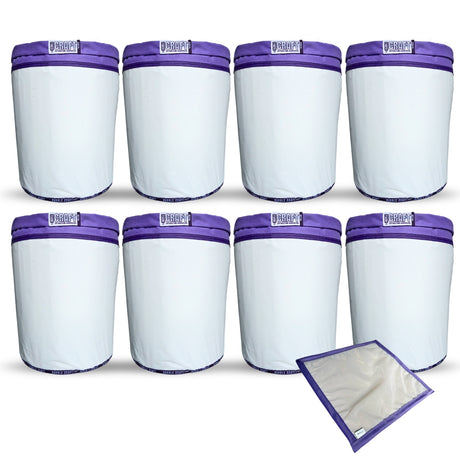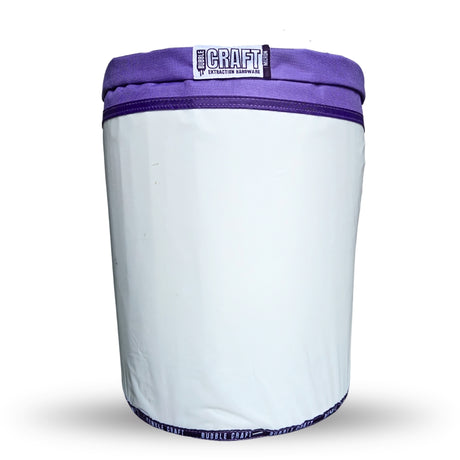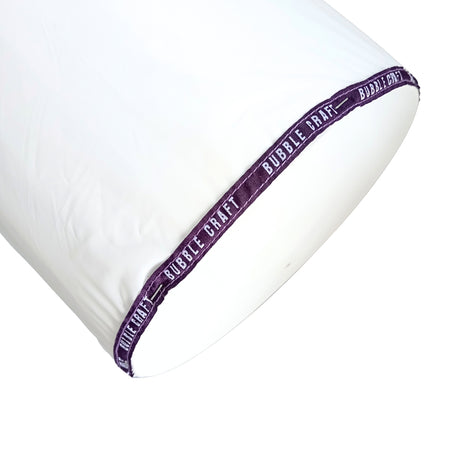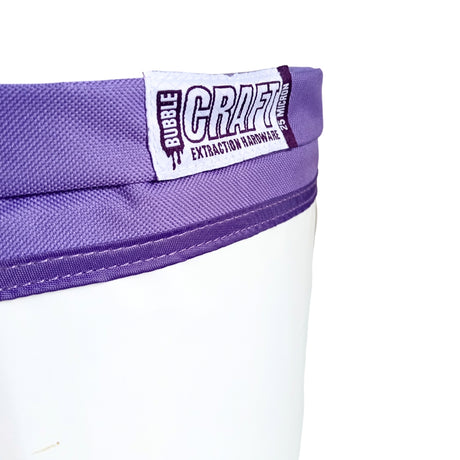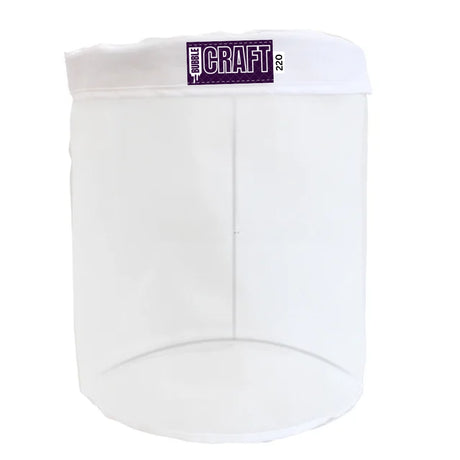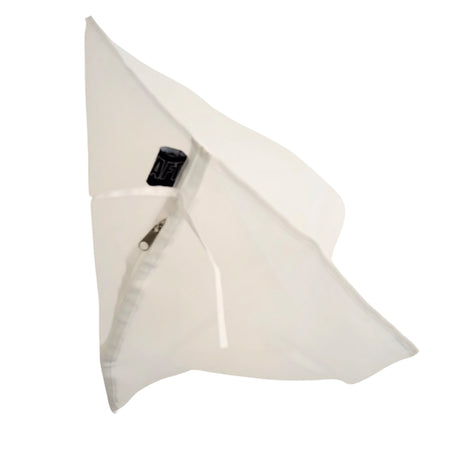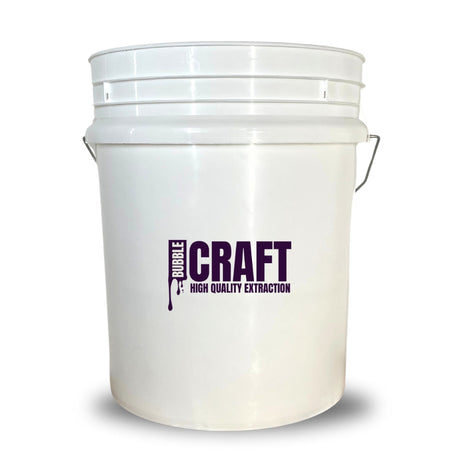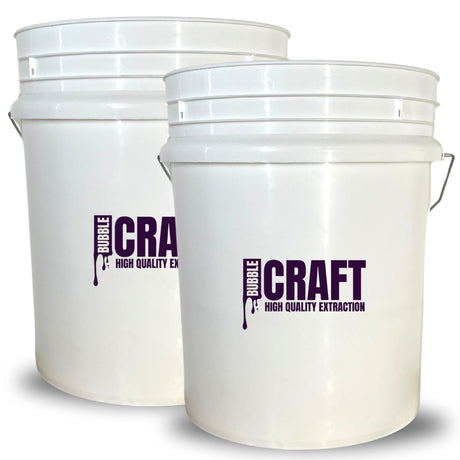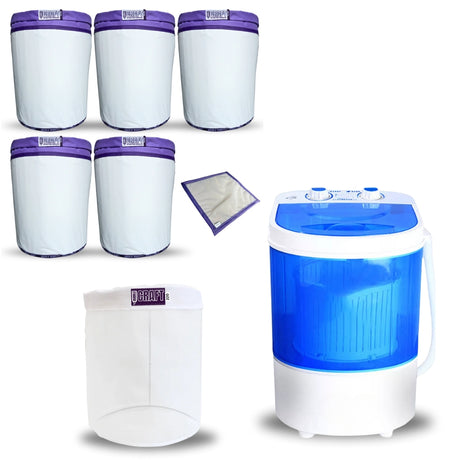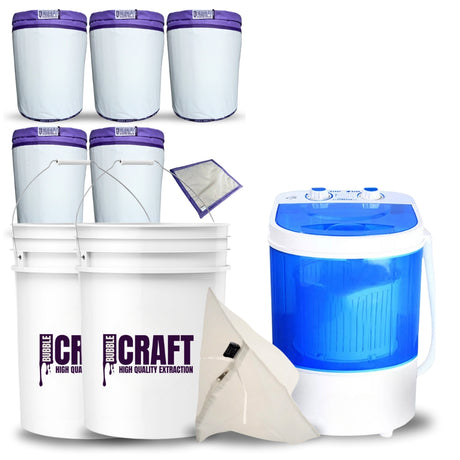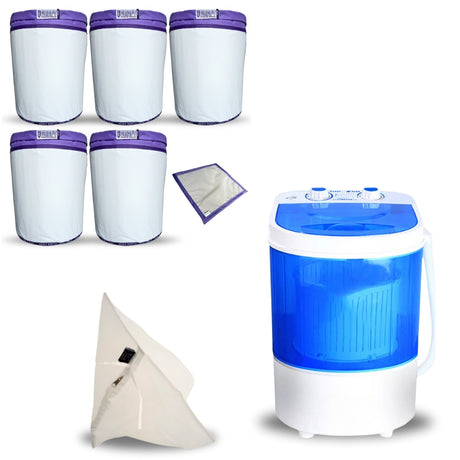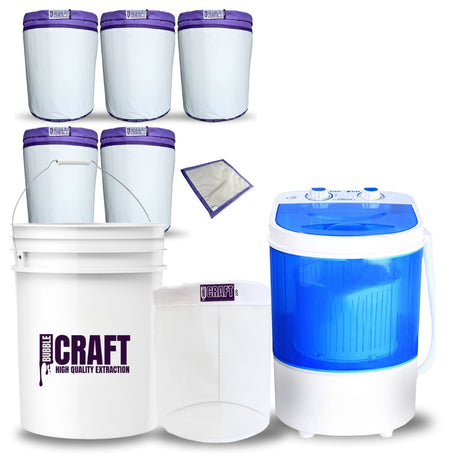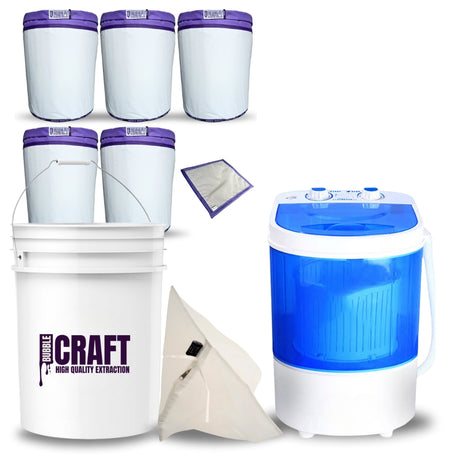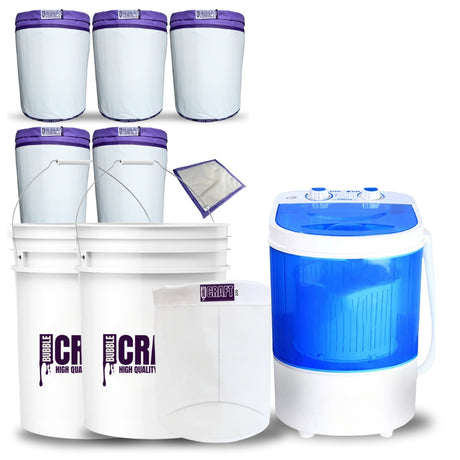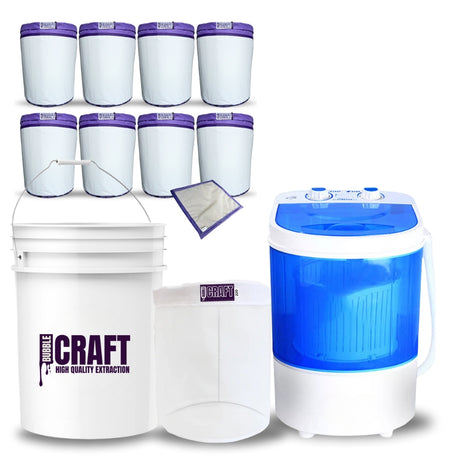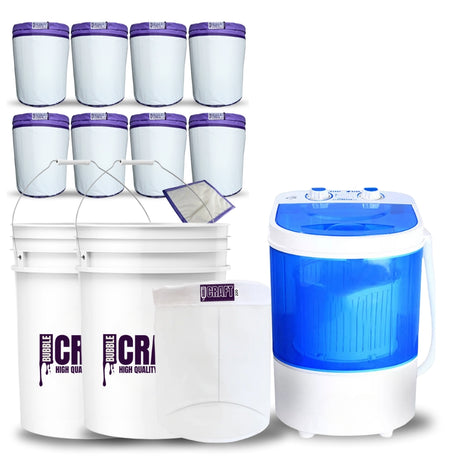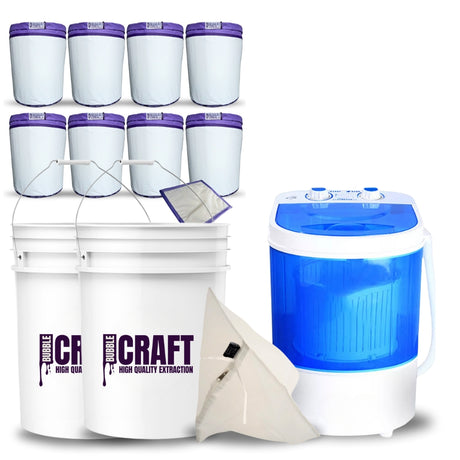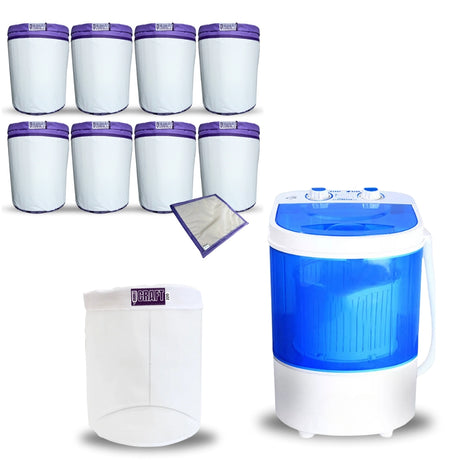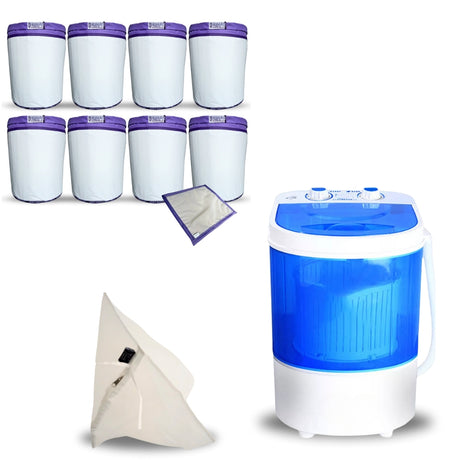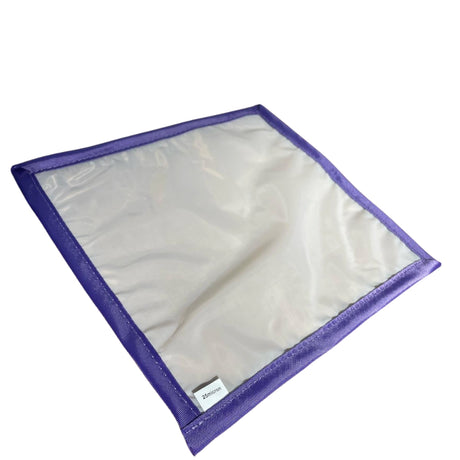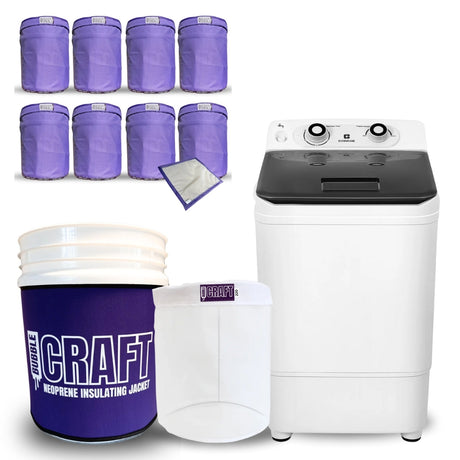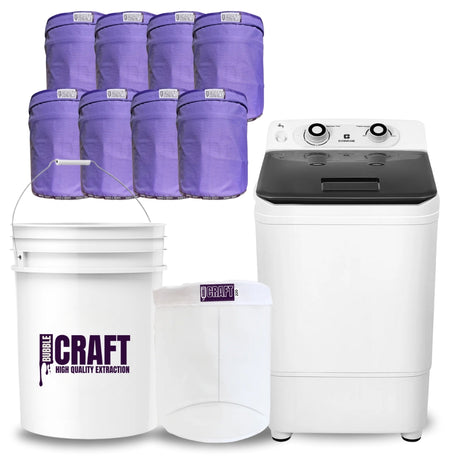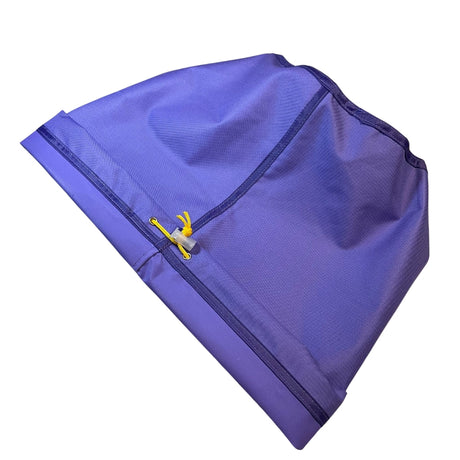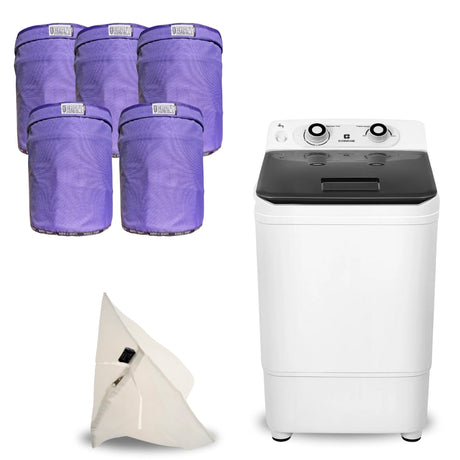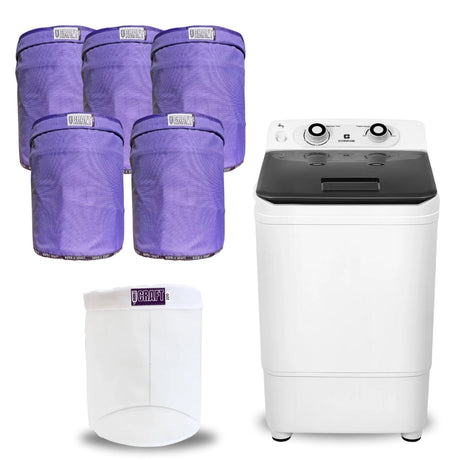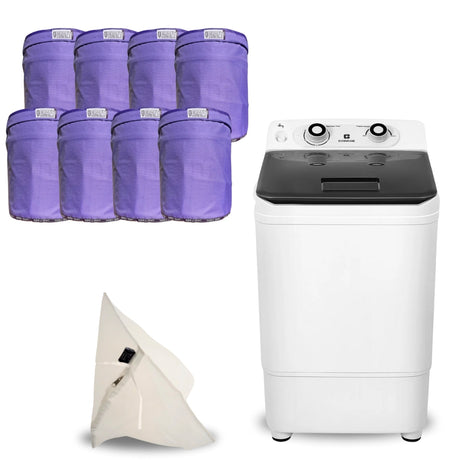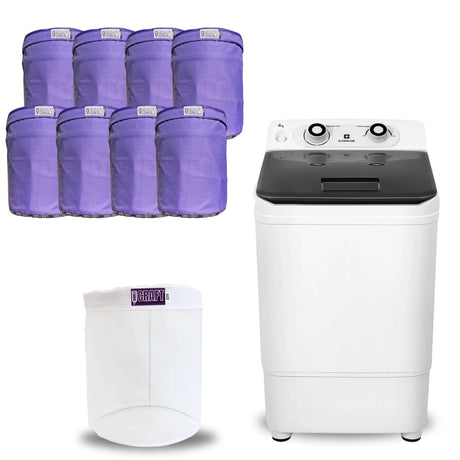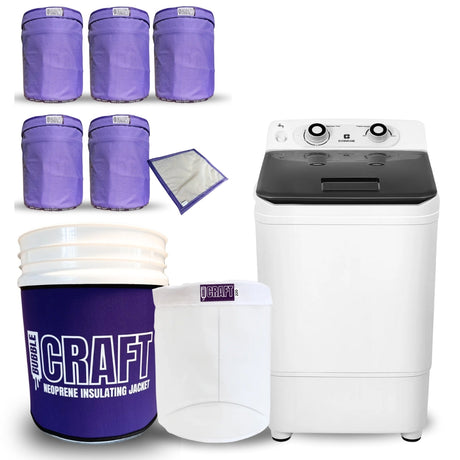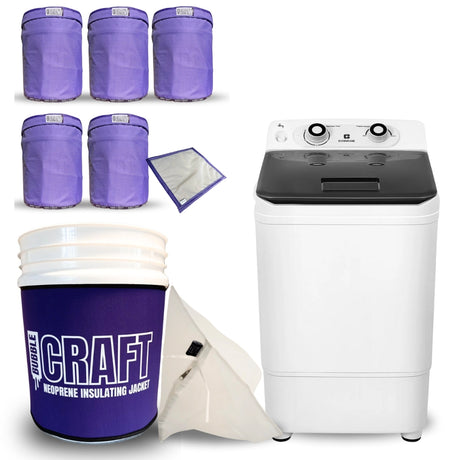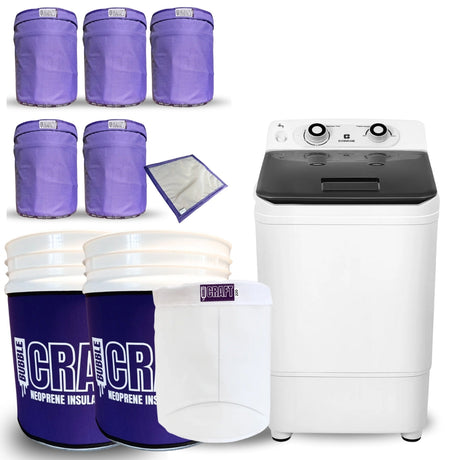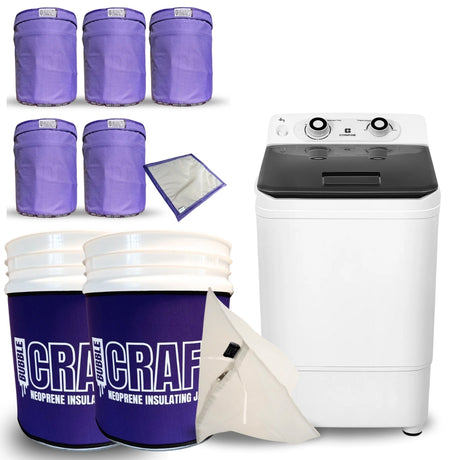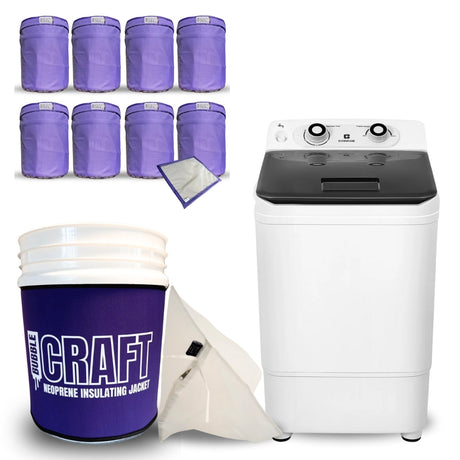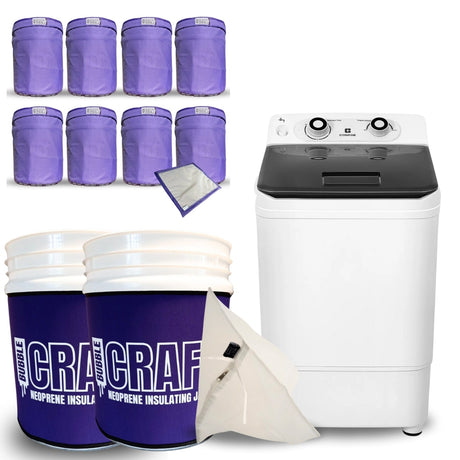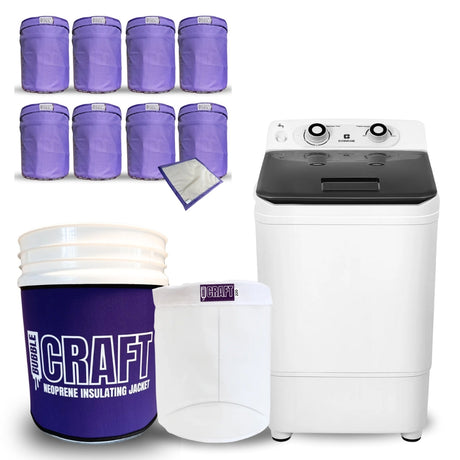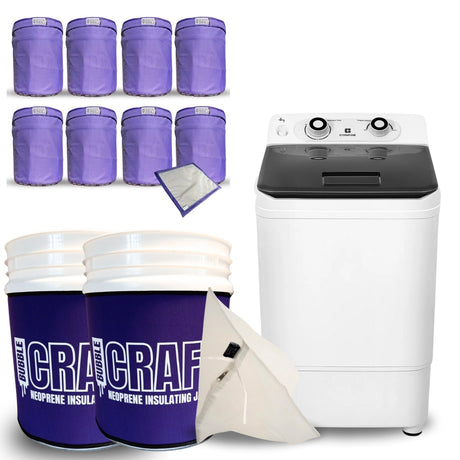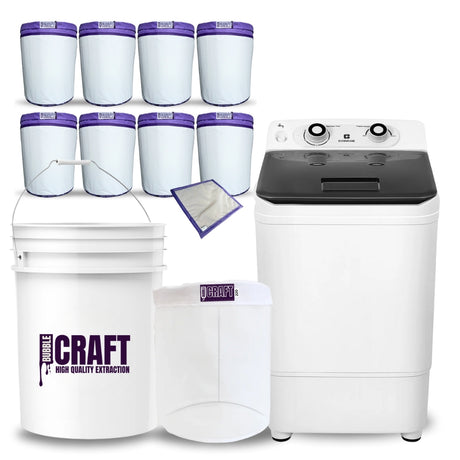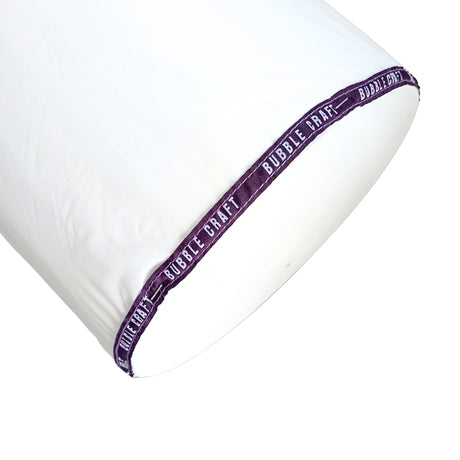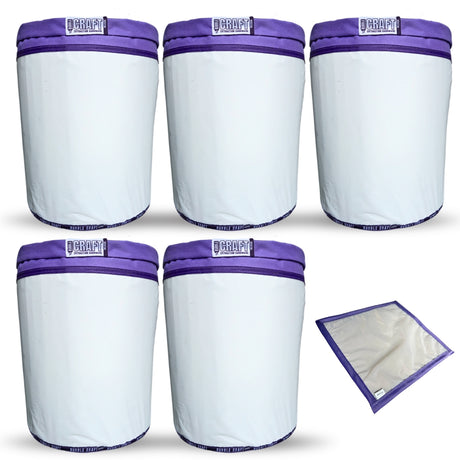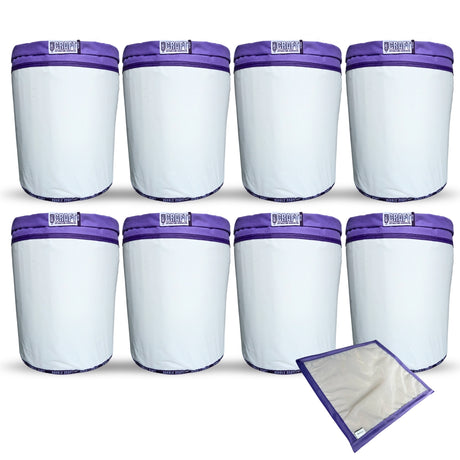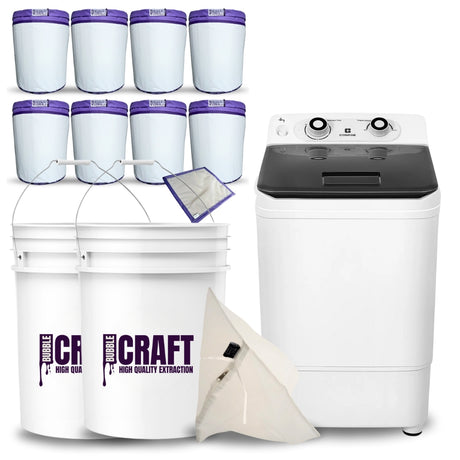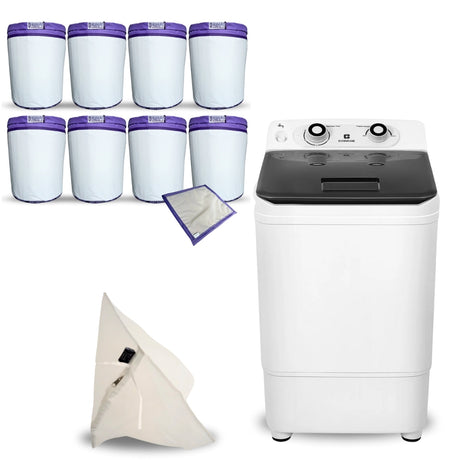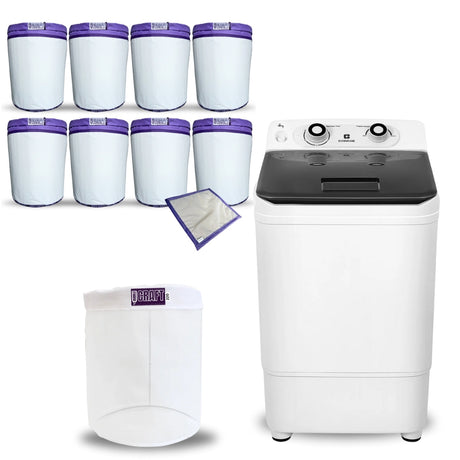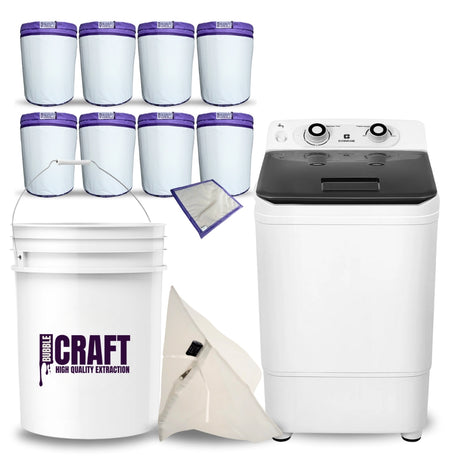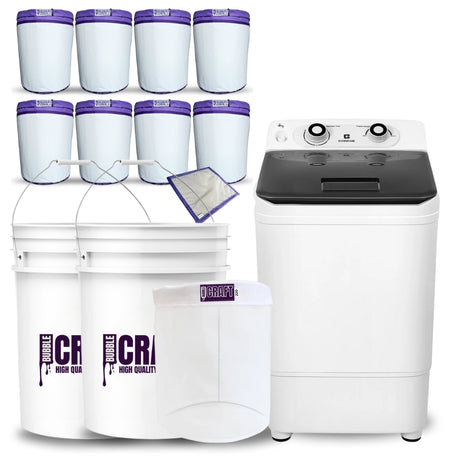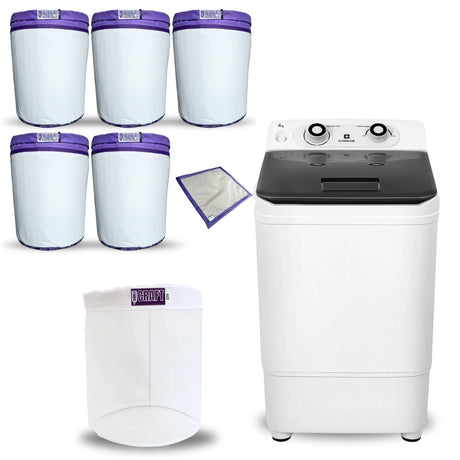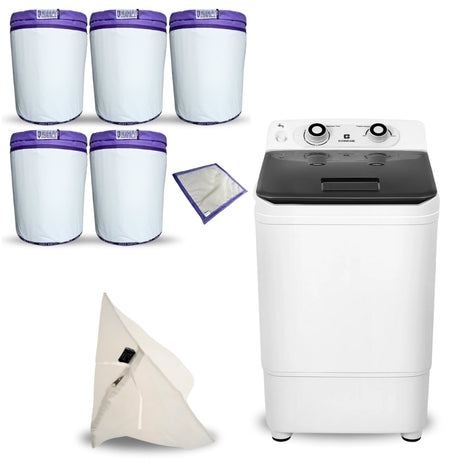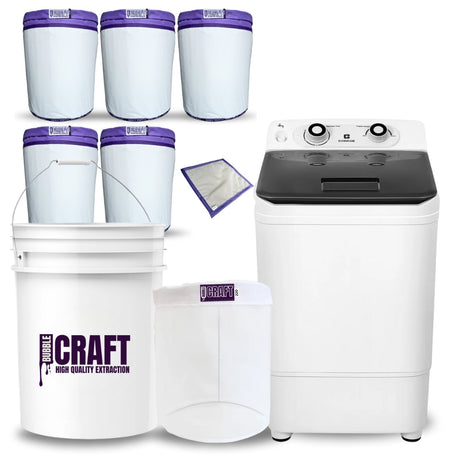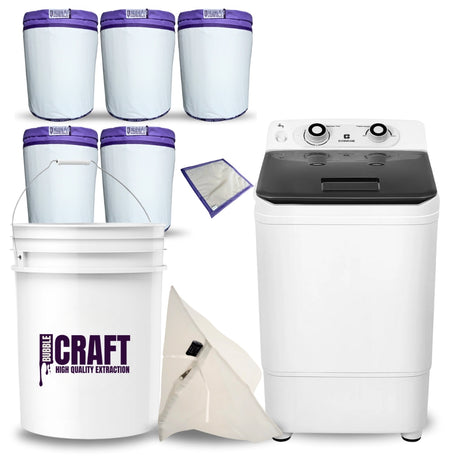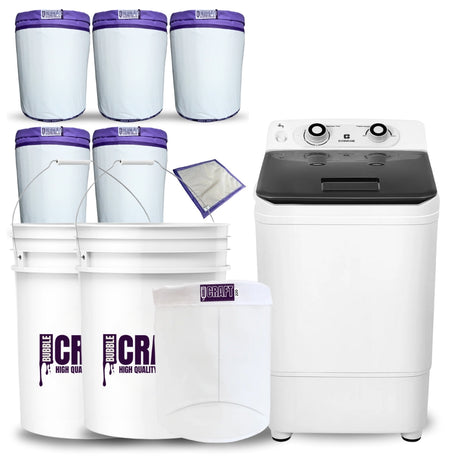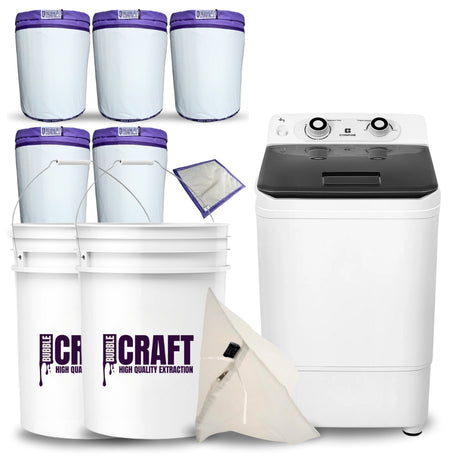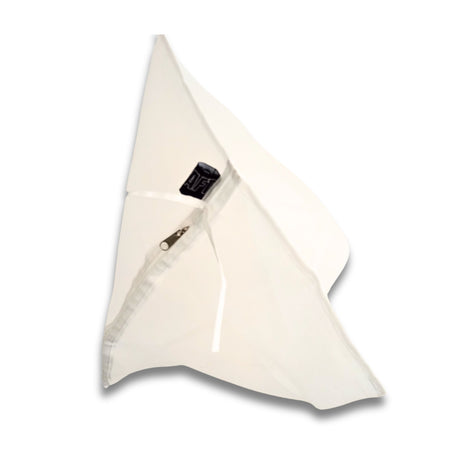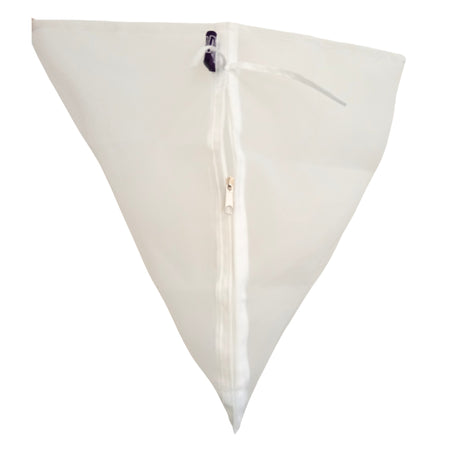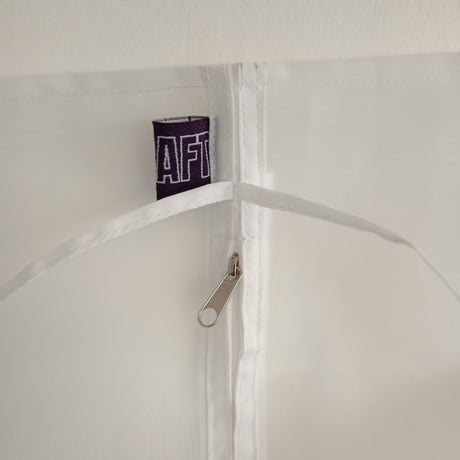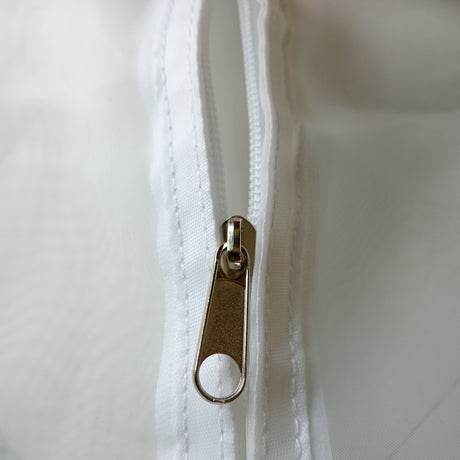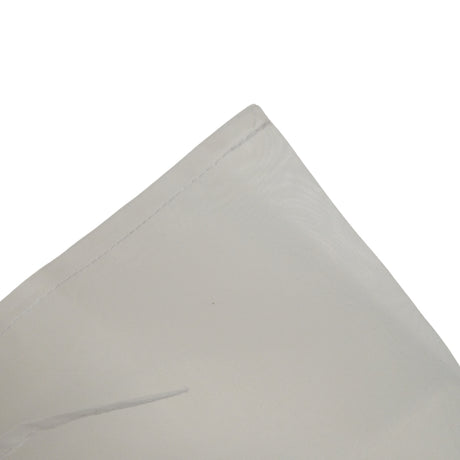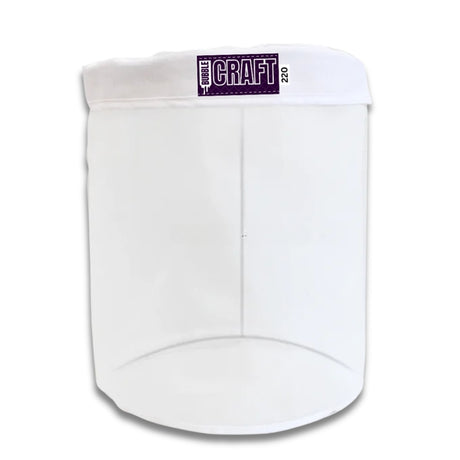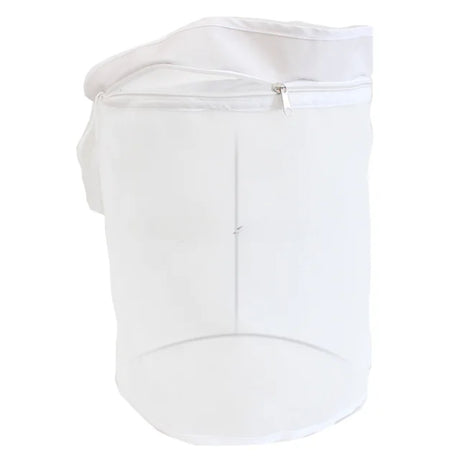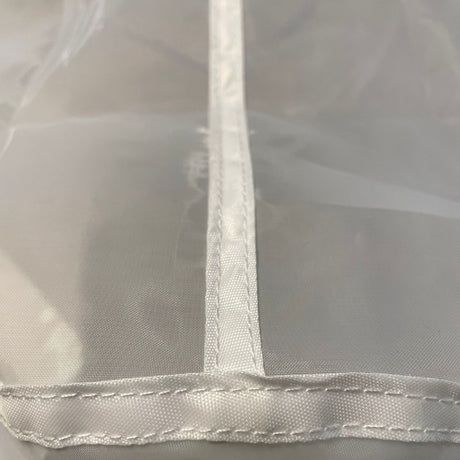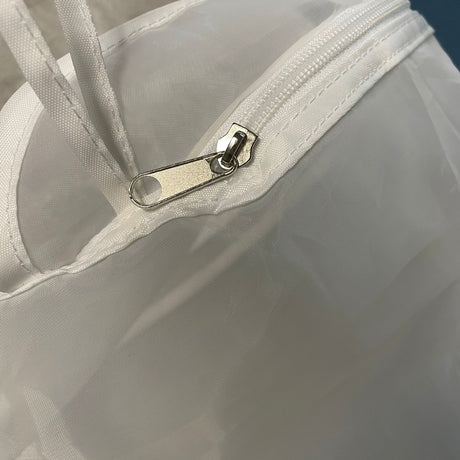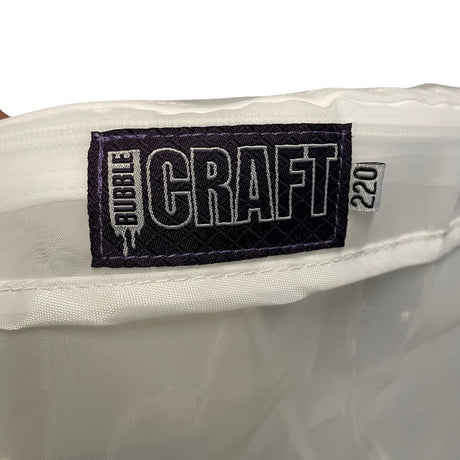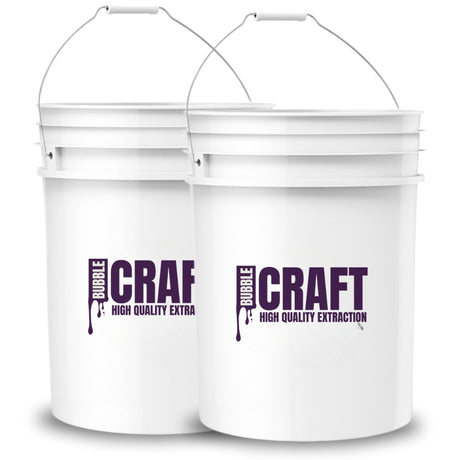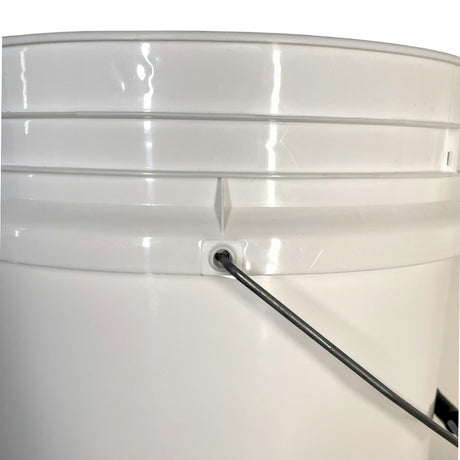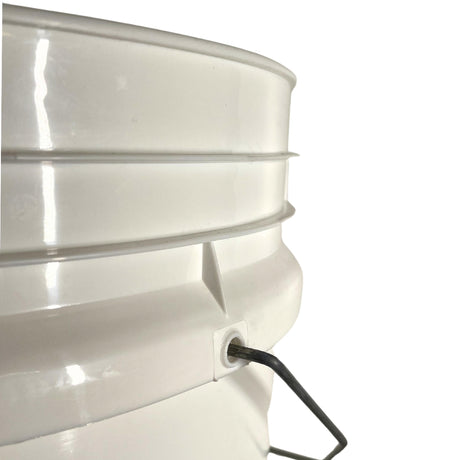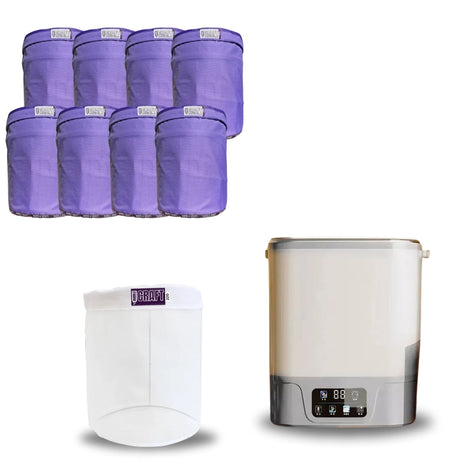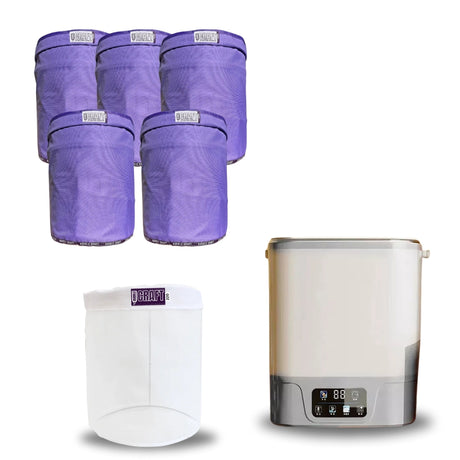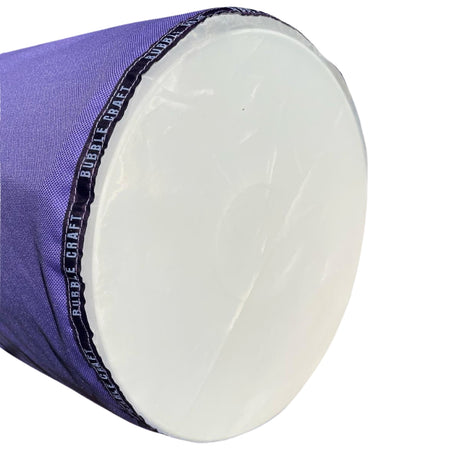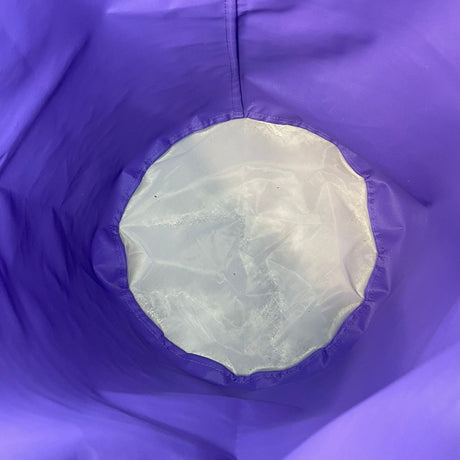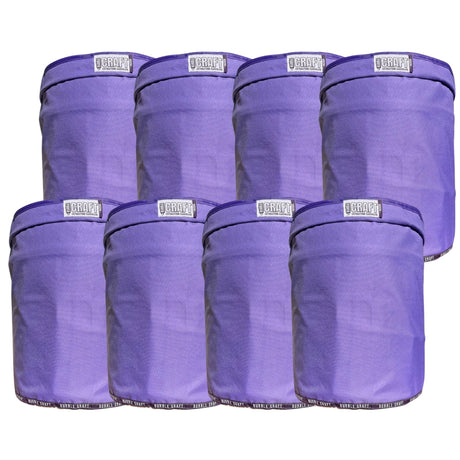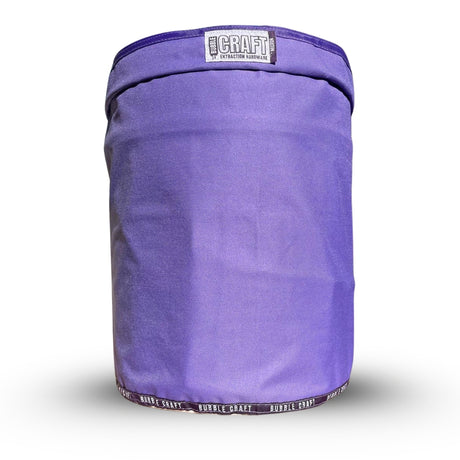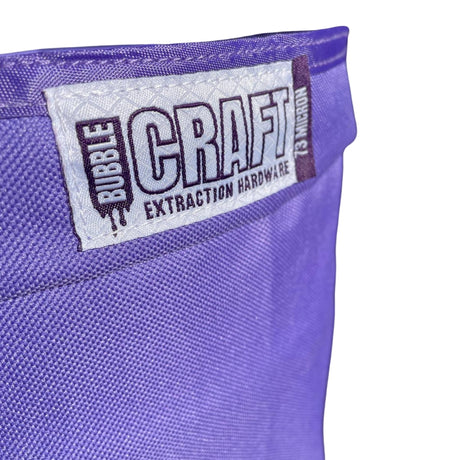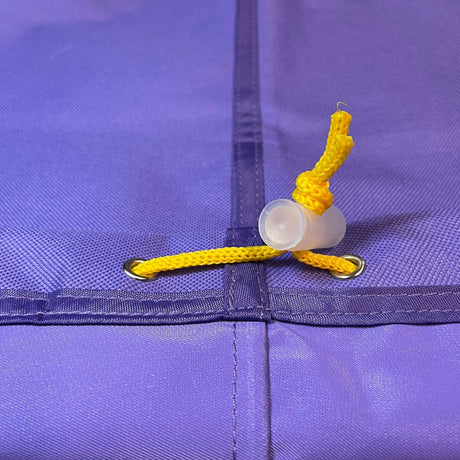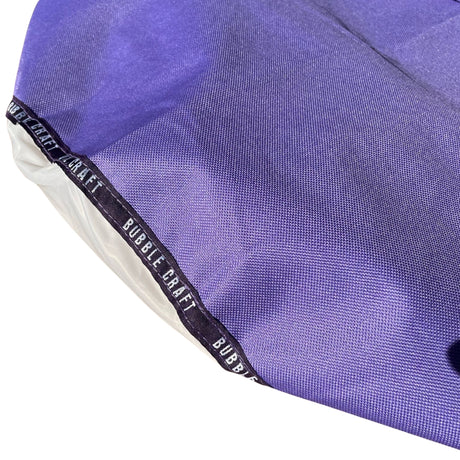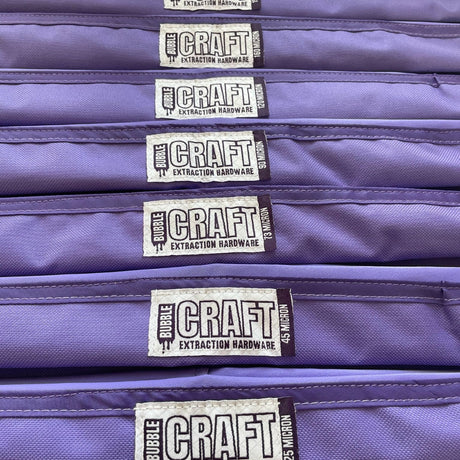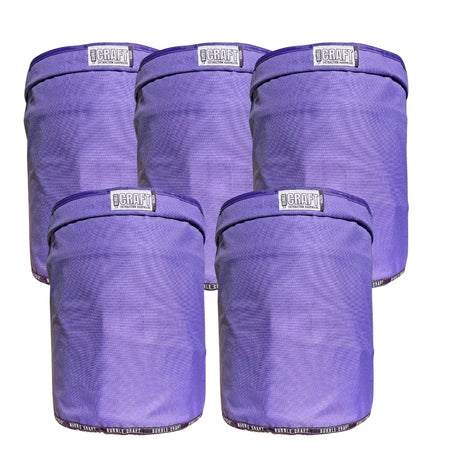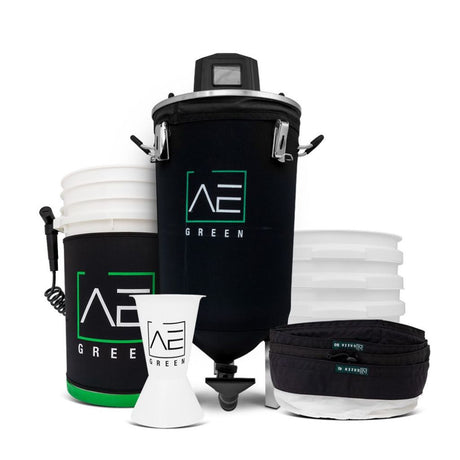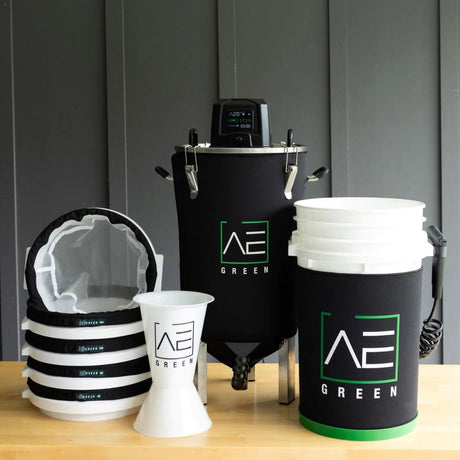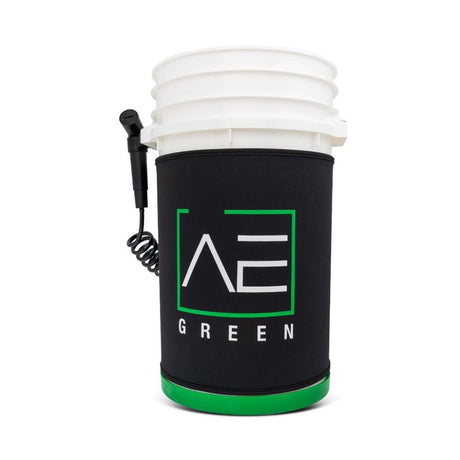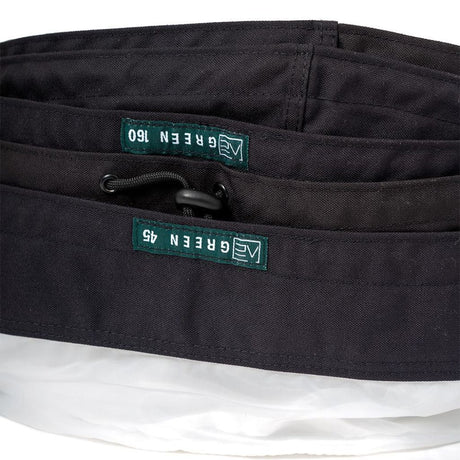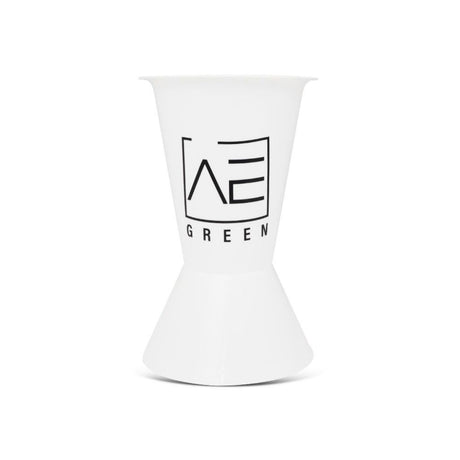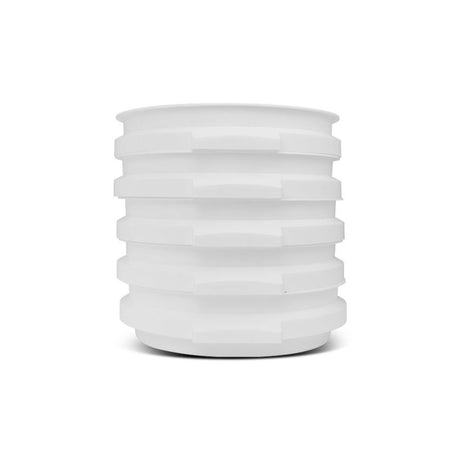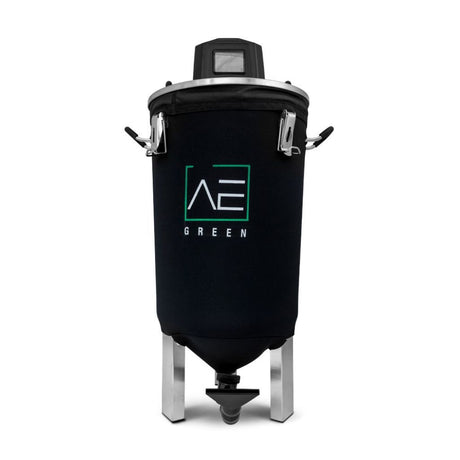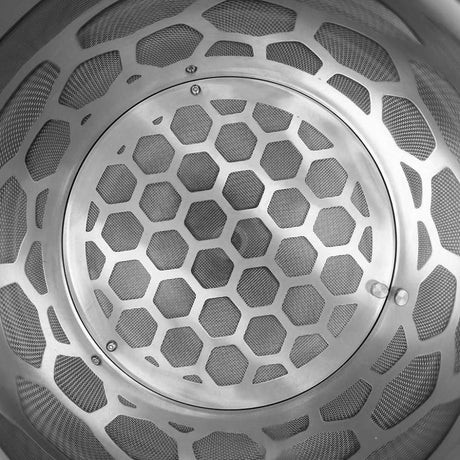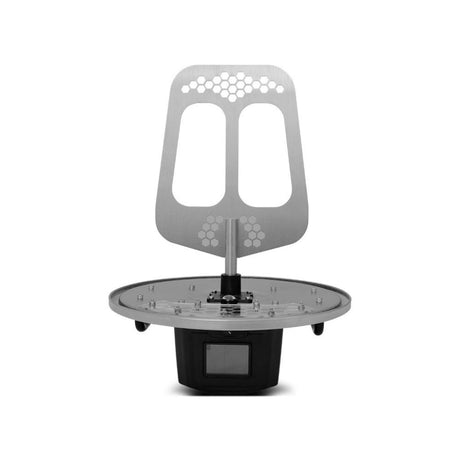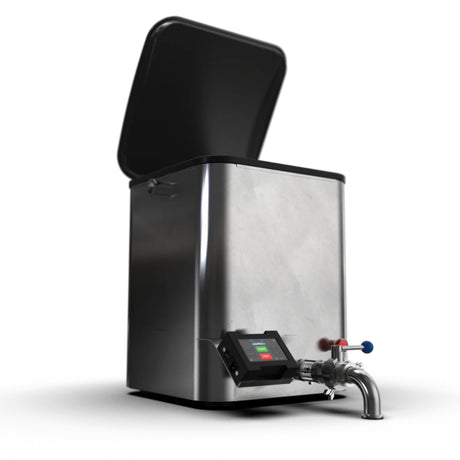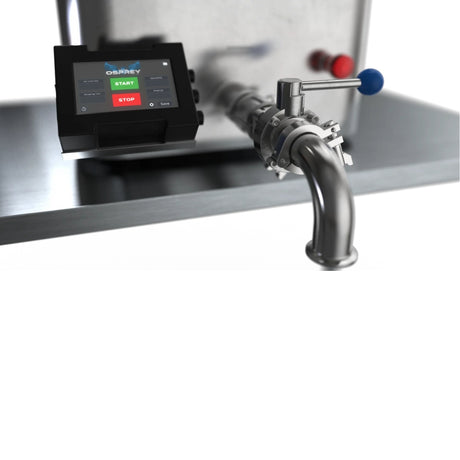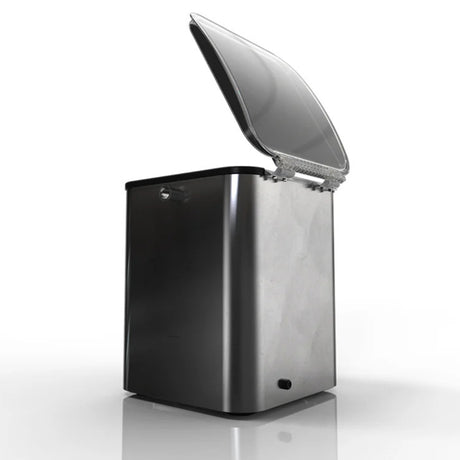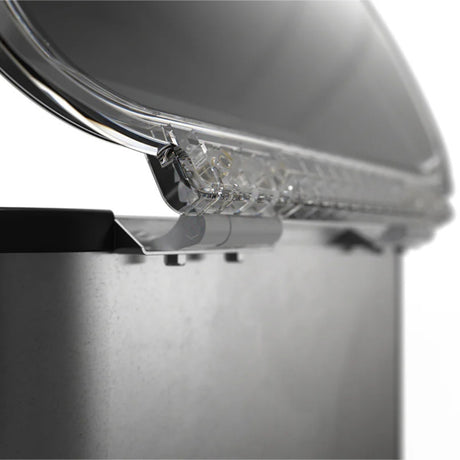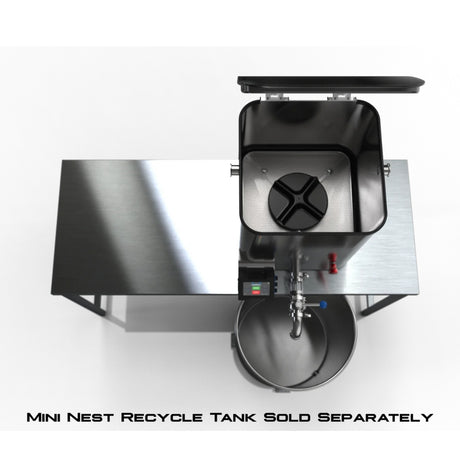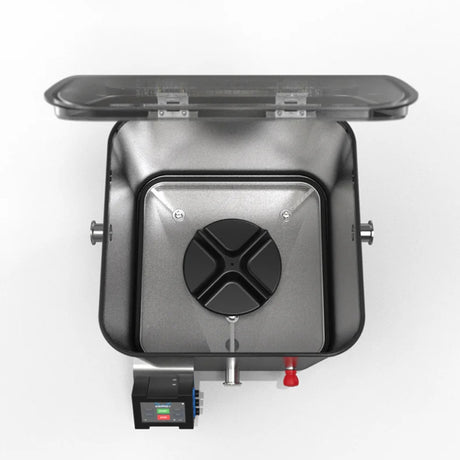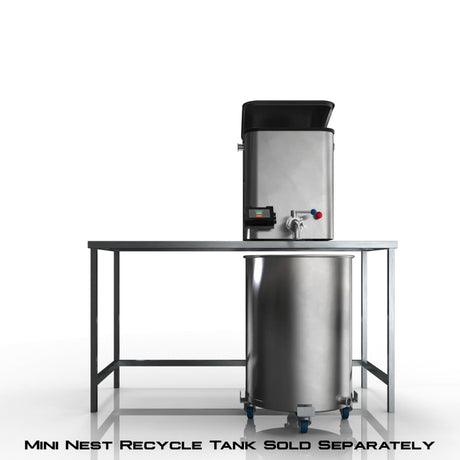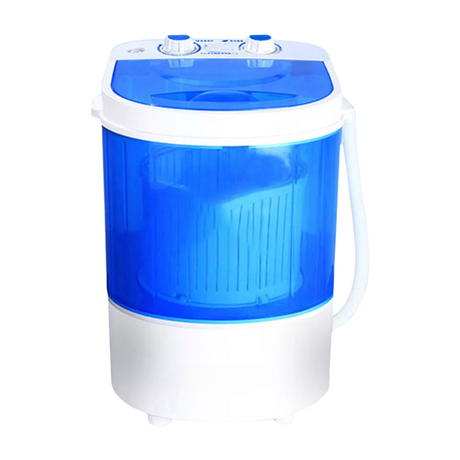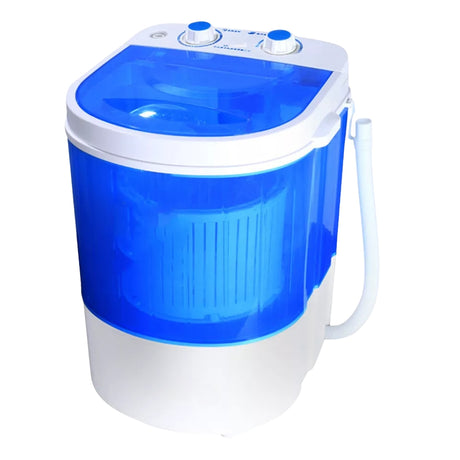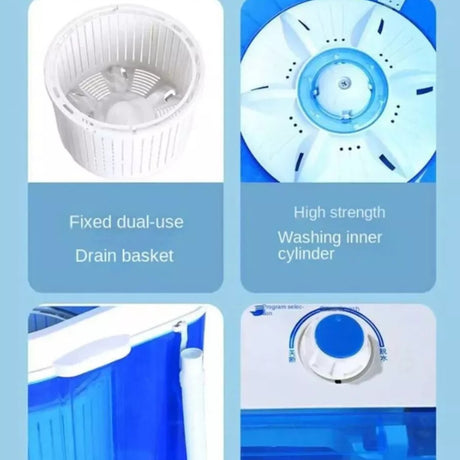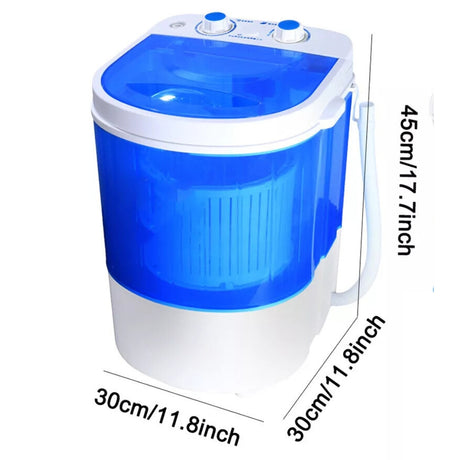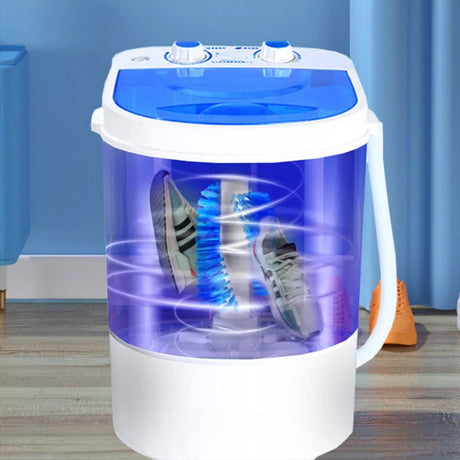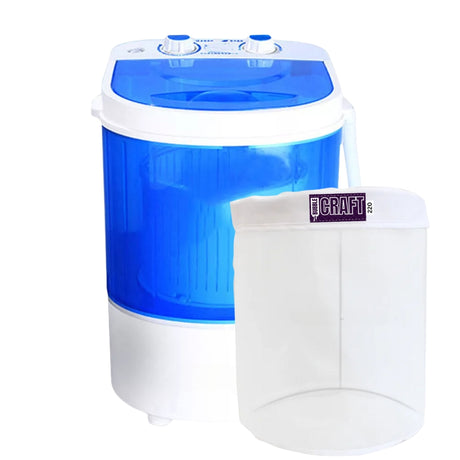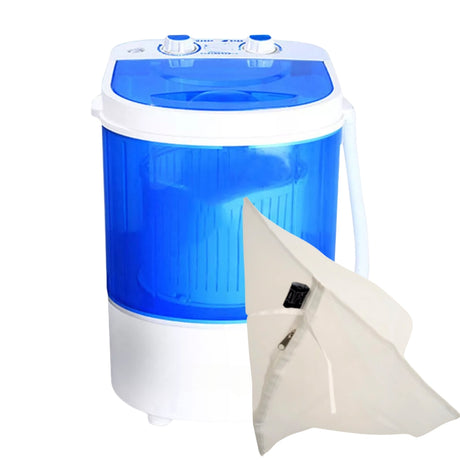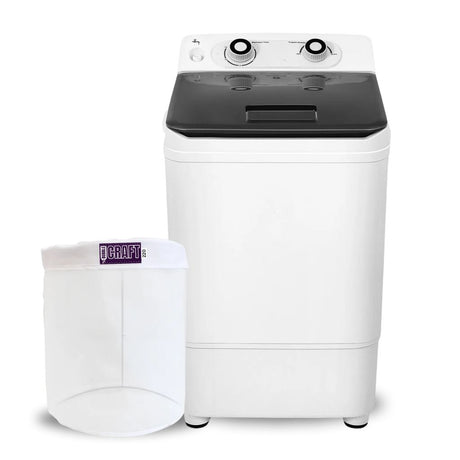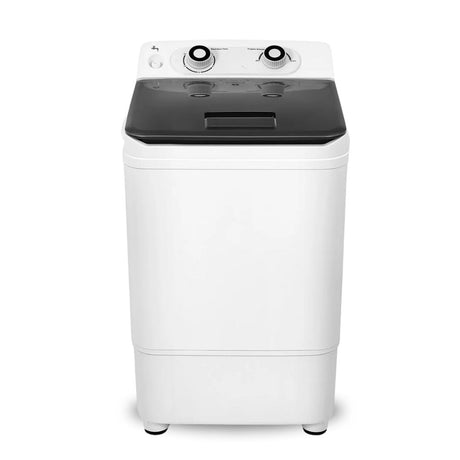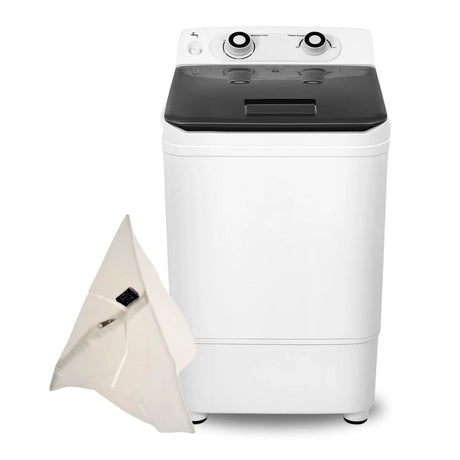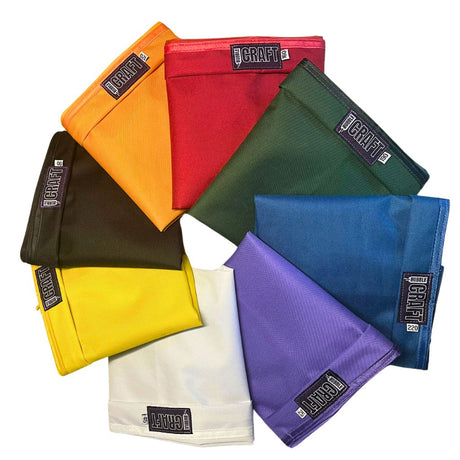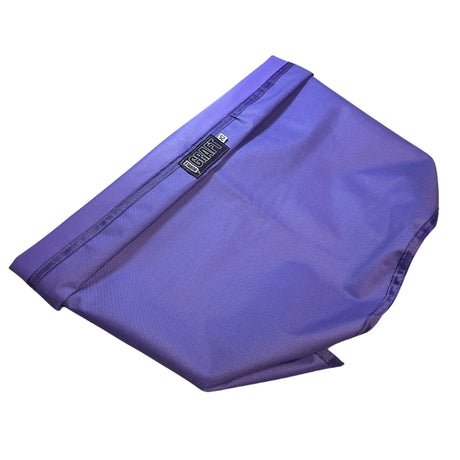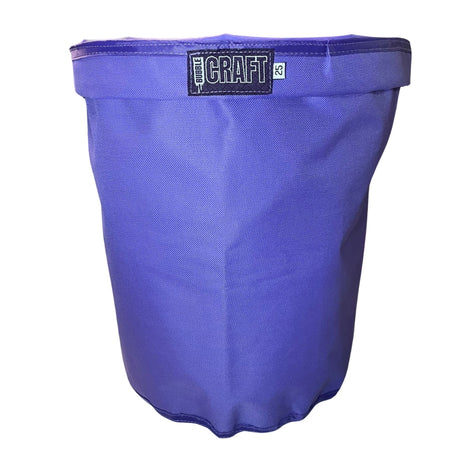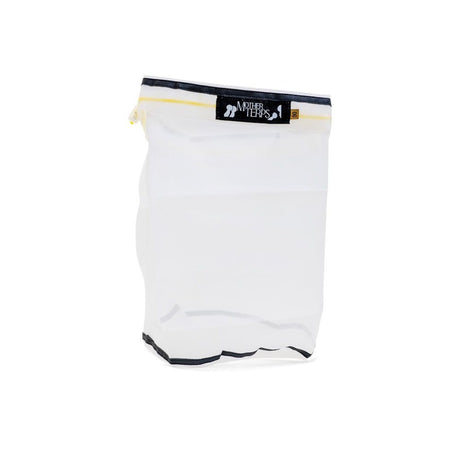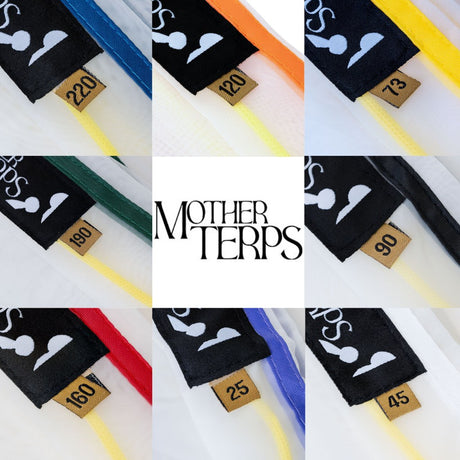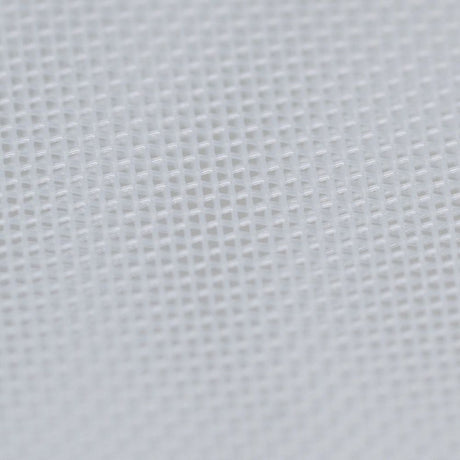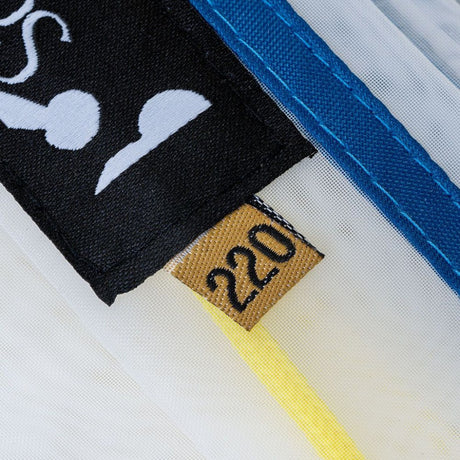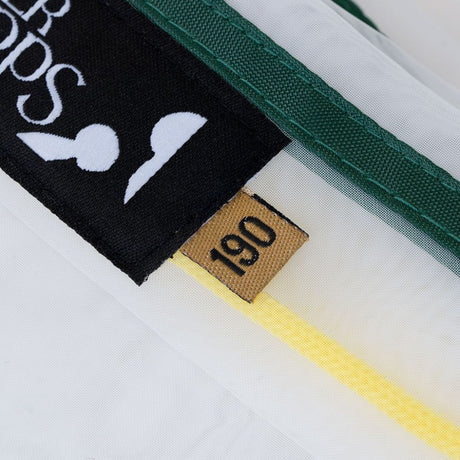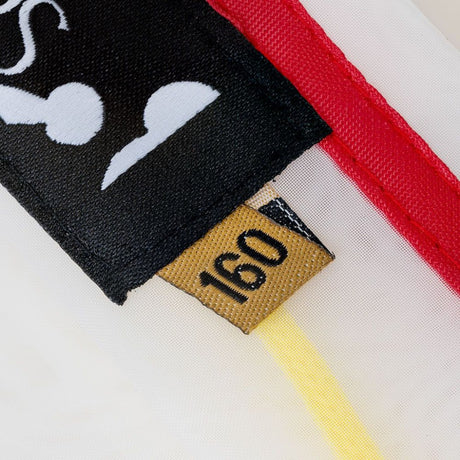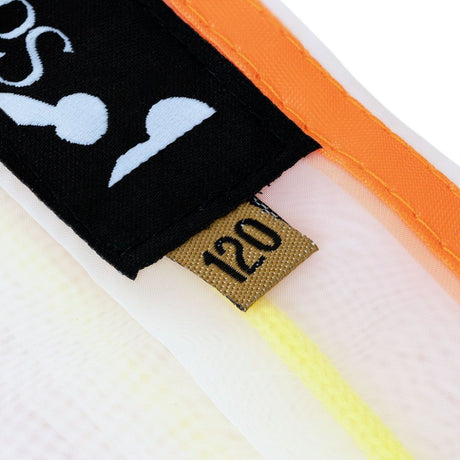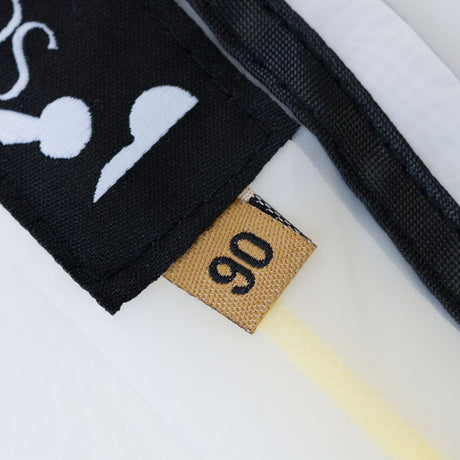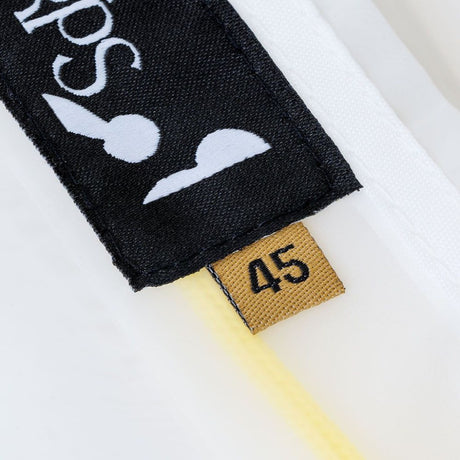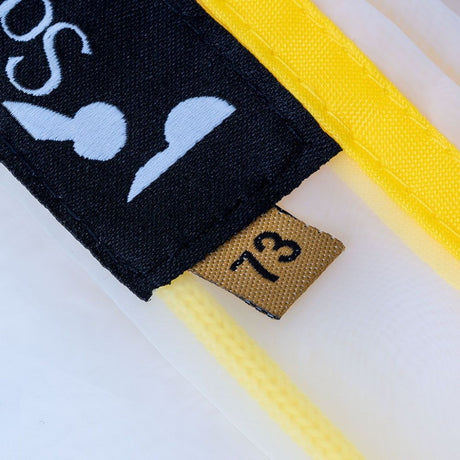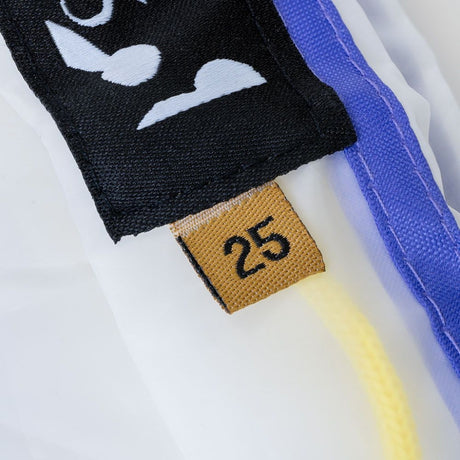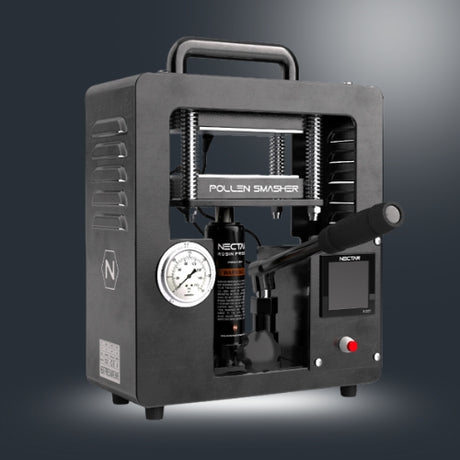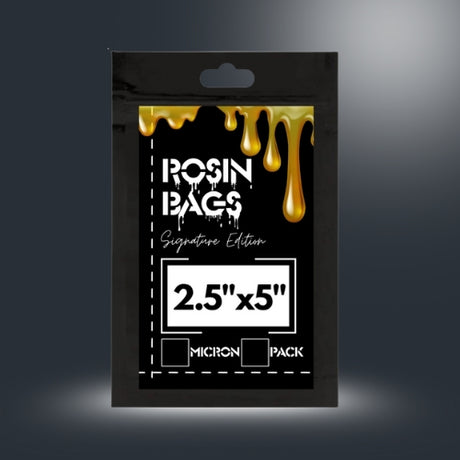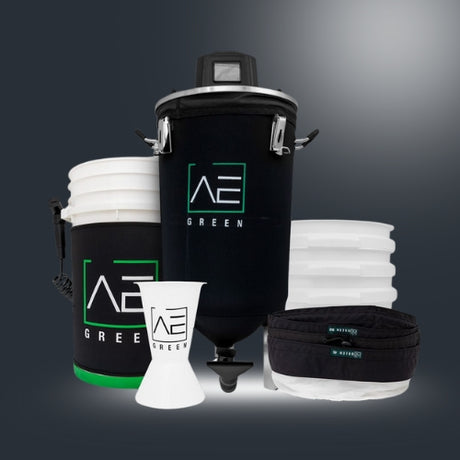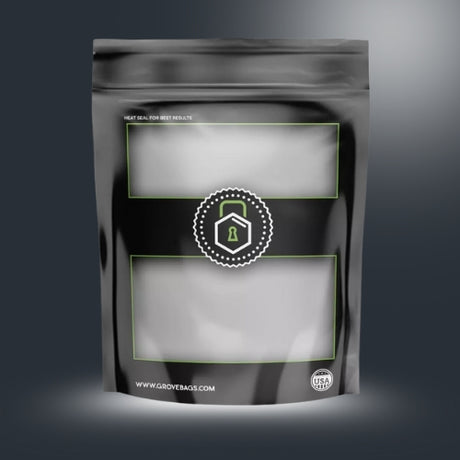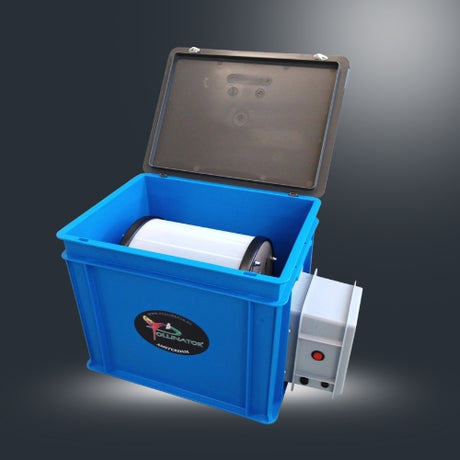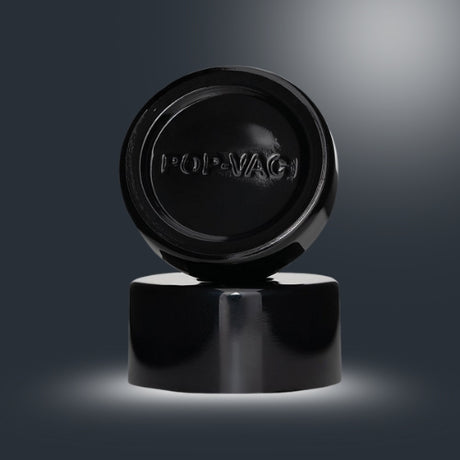Sub Categories
Bubble Craft
Bubble Craft V2 Fabric Bubble # Bags - 1 Gal - 5 Gal - 20 Gal
1 Gal - 5 Gal - 20 Gal
Regular price From £19.95Unit price /UnavailableBubble Craft
Bubble Craft PRO Mesh Bubble # Bags - 1 Gal - 5 Gal - 20 Gal
1 Gal - 5 Gal - 20 Gal
Regular price From £44.95Unit price /UnavailableBubble Craft
Bubble Craft HOBBY V2 Bubble Bag Washing Machine Extraction Kit
Bottom Mesh Bubble Kit
Regular price From £129.95Unit price /UnavailableBubble Craft
Bubble Craft PRO Hobby Mesh Bubble Bag Washing Machine Kit
All Mesh Bubble Kit
Regular price From £159.95Unit price /UnavailableBubble Craft
Bubble Craft XL V2 Bubble Bag Washing Machine Extraction Kit
XL Kit For Big Washes
Regular price From £169.95Unit price /UnavailableBubble Craft
Bubble Craft PRO XL Full Mesh Bubble Bag Washing Machine Kit
All Mesh Bubble Kit
Regular price From £189.95Unit price /Unavailable- 50% off
Bubble Craft
Bubble Craft Mesh Pyramid Zipper 220 Micron Bubble Wash Bag
Sale price £9.95 Regular price £19.95Unit price /Unavailable - Up to 25% off
Bubble Craft
Bubble Craft Mesh Round Zipper 220 Micron Bubble Wash Bag
Regular price £14.95Unit price /Unavailable Bubble Craft
Bubble Craft 5 Gal Bubble Bags Mixing Bucket & Lid
Fits 5Gal Bubble Bags
Regular price From £14.95Unit price /Unavailable- Sold outUp to 11% off
Bubble Craft
Bubble Craft MICRO V2 Bubble Bag Washing Machine Extraction Kit
Bottom Mesh Bubble Kit
Sale price From £79.95 Regular price £89.95Unit price /Unavailable - FREE SHIPPINGSold out
Aether Green
Aether Green Automatic Bubble Washer Set
Effortless Extraction
Regular price £1,695.00Unit price /Unavailable - MADE TO ORDER
Low Temp Industries
Mini Osprey - 30 Gallon Home Washing Machine
30 Gal Capacity
Regular price £6,945.00Unit price /Unavailable Bubble Craft
Bubble Bag 5 Gal Mini Portable Washing Machine
Fits 5Gal Wash Bags
Regular price From £79.95Unit price /UnavailableBubble Craft
Bubble Bag XL 10 Gal Mini Portable Washing Machine
Fits 5Gal Wash Bags
Regular price From £109.95Unit price /Unavailable- Up to 80% off
Bubble Craft
Bubble Craft - Individual Microns Bottom Mesh Bubble Bags
Single Micron Bags
Sale price From £2.00 Regular price £9.95Unit price /Unavailable Mother Terps
Mother Terps Individual Bubble Bags
8 Microns Available!
Regular price £19.00Unit price /Unavailable
What is Water Or Ice Water Extraction?
Water or ice water extraction is a method commonly used in the production of concentrates. It involves using water or ice water as a solvent to separate the Glands And Terpenes from the plant material.
Here's a basic overview of the process:
Preparation: Plant material is typically frozen prior to extraction. This helps to preserve the Glands and make them easier to detach from the plant material.
Mixing: The frozen plant material is mixed with ice and water in a container. The cold temperature helps to keep the glands brittle, making them more likely to break off.
Agitation: The mixture is agitated either manually or with mechanical agitation devices. This agitation causes the glands to separate from the plant material and be suspended in the water.
Filtration: The mixture is then passed through a series of filters to separate the plant material from the glands. This may involve using screens or filter bags of varying sizes to catch the plant material while allowing the glands to pass through.
Collection: The glands are collected and then dried to produce a concentrated product. This may involve further processing, such as pressing the glands.
Water or ice water extraction is favoured by some enthusiasts because it is considered a relatively safe and simple method compared to other extraction techniques involving potentially hazardous solvents. Additionally, it is believed that water or ice water extraction preserves more of the natural flavours and aromas of the plant compared to other methods.
What Are The Different Types Of Water Ice Extraction?
Water or ice water extraction techniques can vary based on the specific methodology and equipment used. Here are some common types:
Traditional Bubble: This method involves agitating frozen plant material in ice water, usually in a bucket or washing machine-like device, to separate glands from the plant material. The mixture is then filtered through screens or filter bags of varying micron sizes to collect the glands. The collected material is then dried to produce bubble.
Ice Water: Similar to traditional bubble, this method uses ice water and agitation to separate glands from the plant material. However, it often involves more refined techniques and equipment, such as specialised washing machines or agitation devices designed specifically for concentrate making. Ice water concentrate can be produced in various grades depending on the micron size of the filters used and the purity of the final product.
Dry Ice: Instead of using water, this method involves freezing plant material and then agitating it with dry ice in a container. The cold temperature and agitation cause the glands to become brittle and break off from the plant material. The mixture is then sifted through screens or filter bags to separate the glands, producing a concentrate known as dry ice concentrate.
Wet Trim Extraction: In this method, freshly harvested plants are immediately frozen and then processed using water or ice water extraction techniques. This approach is often favoured by those looking to extract fresh, live glands or full-spectrum extracts that capture the terpene profile of the fresh plant material.
What Type Of Equipment Do I Need For Water Extraction?
Let's compare the equipment needed for water extraction using bubble bags & a bubble washing machine.
Bubble Bags:
Container or Bucket: You'll need a container or bucket to hold the water, ice, and plant material.
Ice: Ice is used to keep the water cold during the extraction process.
Agitation Tool: Typically, a handheld mixing tool or paddle is used to agitate the mixture of water, ice, and plant matter.
Bubble Bags: These specialised bags come in various micron sizes and are used to filter the mixture, allowing trichomes to pass through while retaining plant material.
Collection Trays or Bins: After filtration, you'll need trays or bins to collect the extracted material.
Drying Racks or Mesh Screens: Once collected, the extracted material needs to be dried.
Bubble Washing Machine:
Washing Machine: A specialised washing machine designed for concentrate making. These machines typically have built-in agitation mechanisms and may include features like adjustable agitation speed.
Ice/Water Reservoir: Some machines have built-in reservoirs for ice and water, simplifying the process.
Bubble Bags or Filtration System: Similar to the manual method, you'll still need bubble bags or a filtration system to separate trichomes from the mixture.
Collection Trays or Bins: As with manual extraction, you'll need trays or bins to collect the extracted material.
Drying Racks or Mesh Screens: After collection, drying racks or mesh screens are used for drying the extracted material.
Dry Ice Extraction:
Freezer: A freezer is needed to freeze the plant material prior to extraction.
Dry Ice: Dry ice is used to freeze the plant material and facilitate trichome separation.
Container: A container or vessel is used to hold the frozen plant material and dry ice.
Agitation Tool: While not always necessary, an agitation tool like a handheld mixer can help facilitate gland separation.
Filter Screens or Bags: Screens or bags of varying micron sizes are used to sift the extracted material and separate gland from plant material.
In summary, the equipment needed for water extraction varies depending on the method used. Bubble bags require basic tools and containers, while bubble washing machines offer automation and may include built-in features like ice and water reservoirs. Dry ice extraction involves specialised equipment for freezing the plant material and facilitating gland separation. Each method has its own advantages and drawbacks in terms of ease of use, efficiency, and scalability.

